
Explore the core focus of conflict theorists on power, inequality, and social justice in society.
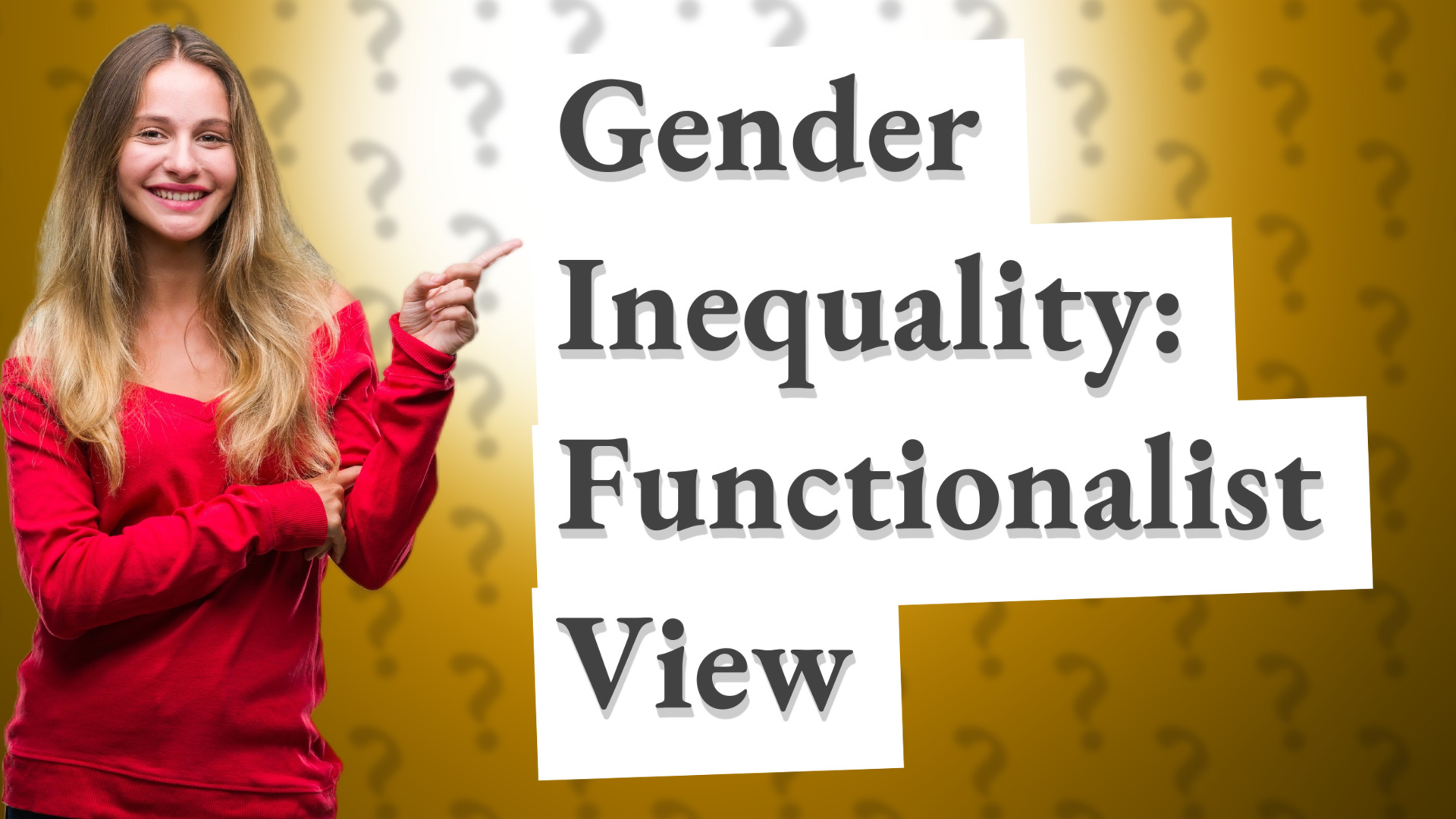
Explore the functionalist perspective on gender roles and their impact on societal stability and order.
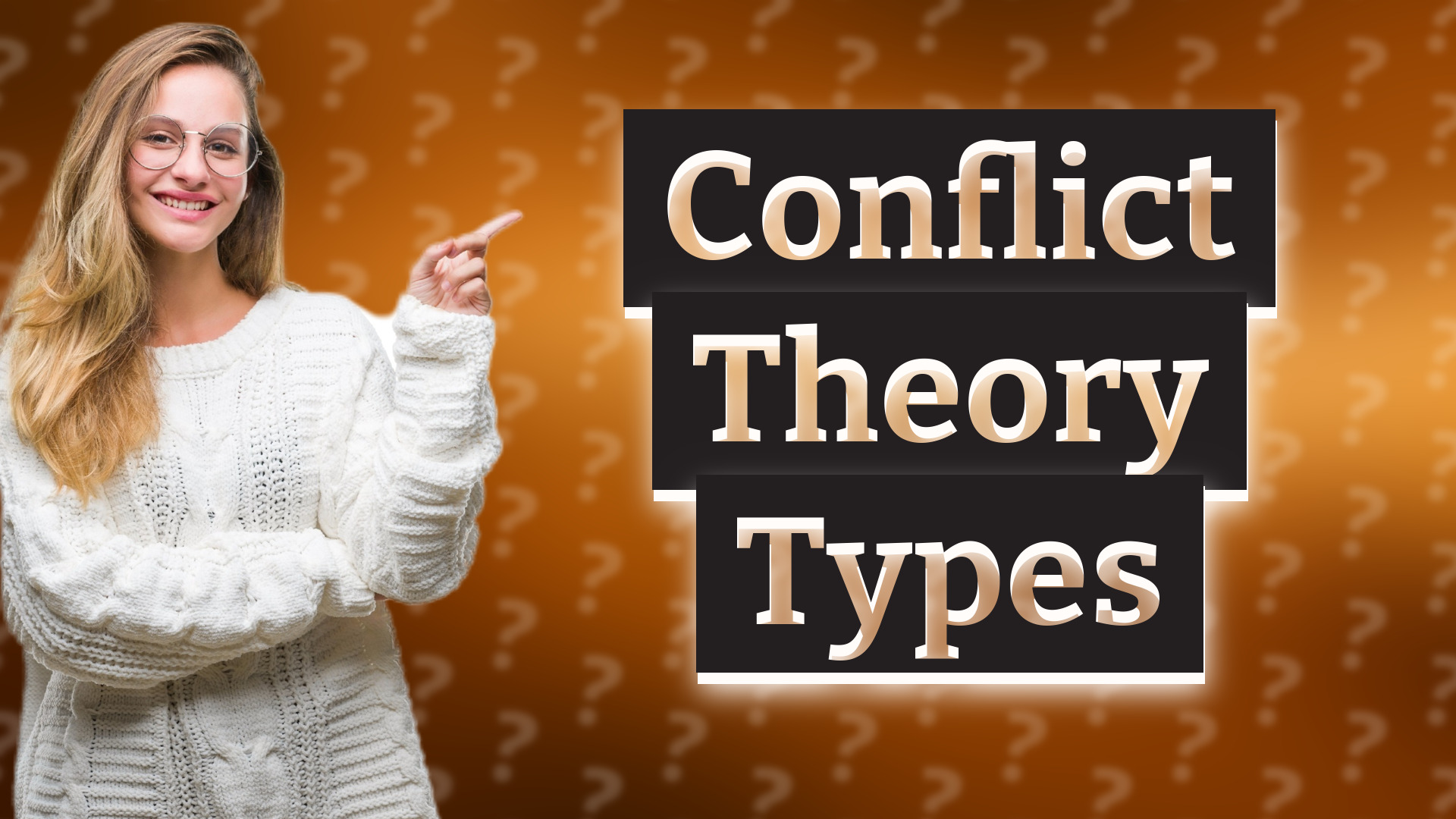
Understand the key types of conflict theory: Class, Gender, and Race, and their impacts on society.
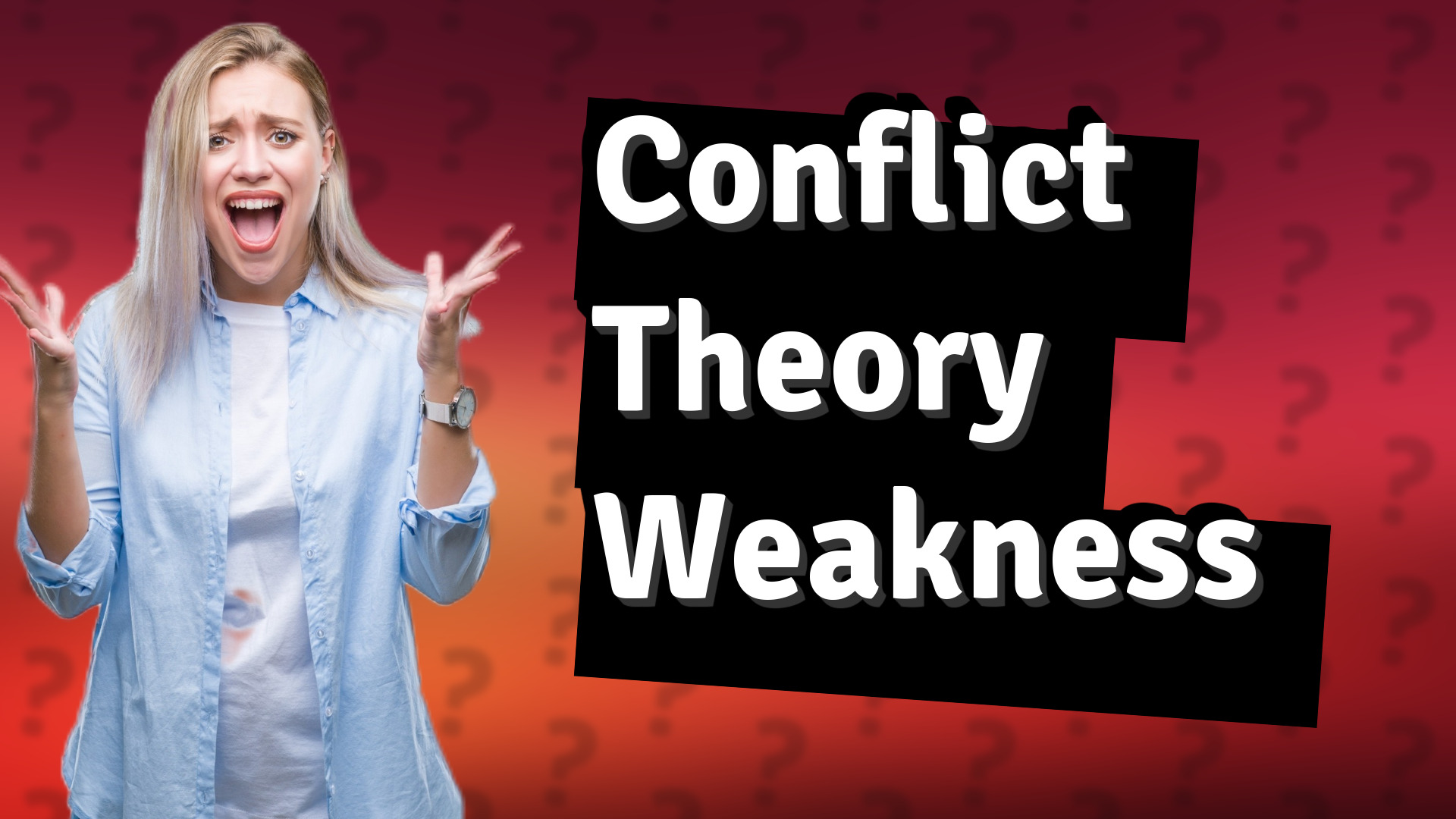
Explore the key weaknesses of conflict theory, including its focus on conflict over social stability.
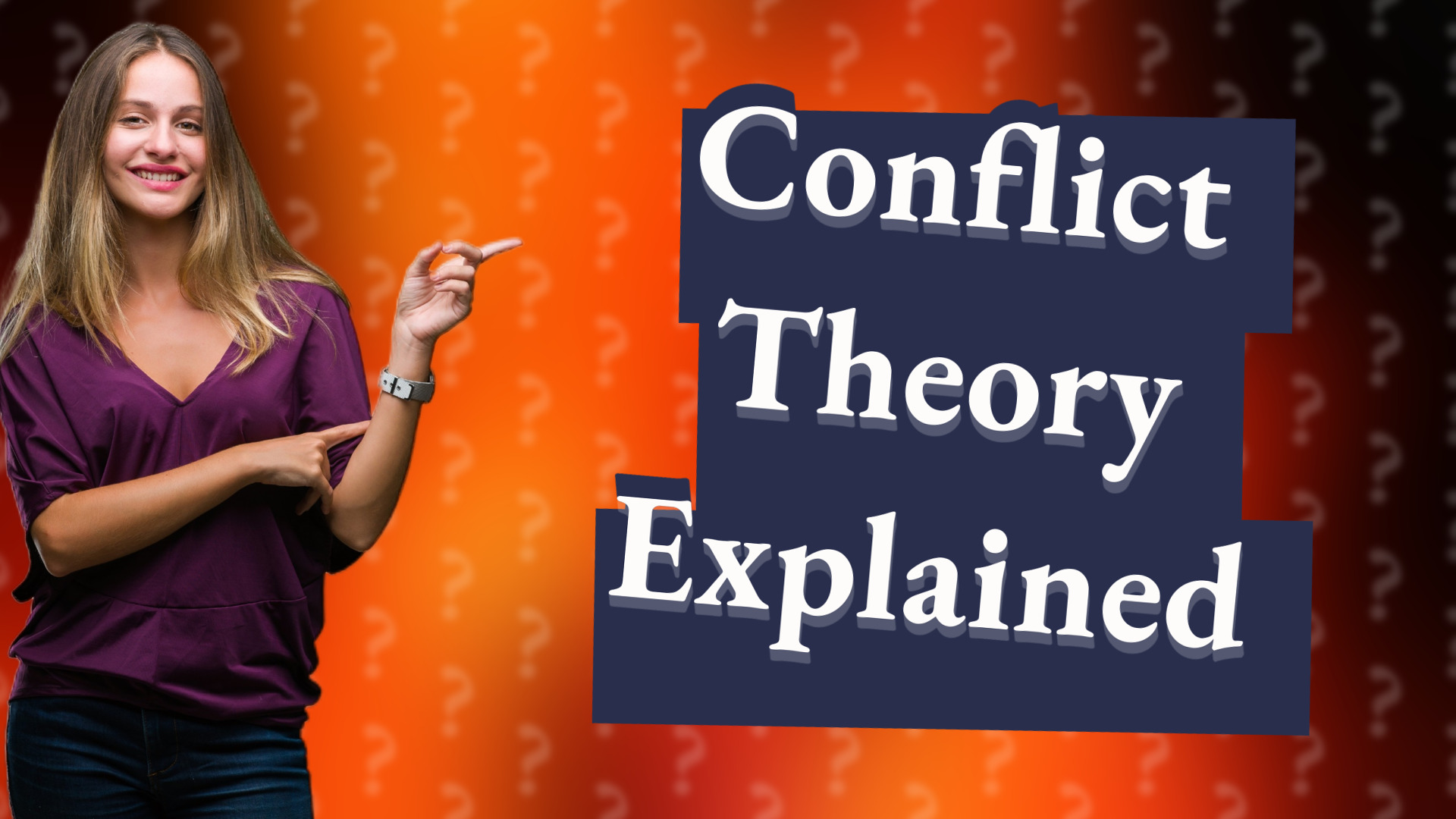
Explore the key ideas and implications of conflict theory based on Karl Marx's concepts of power and economic inequality.
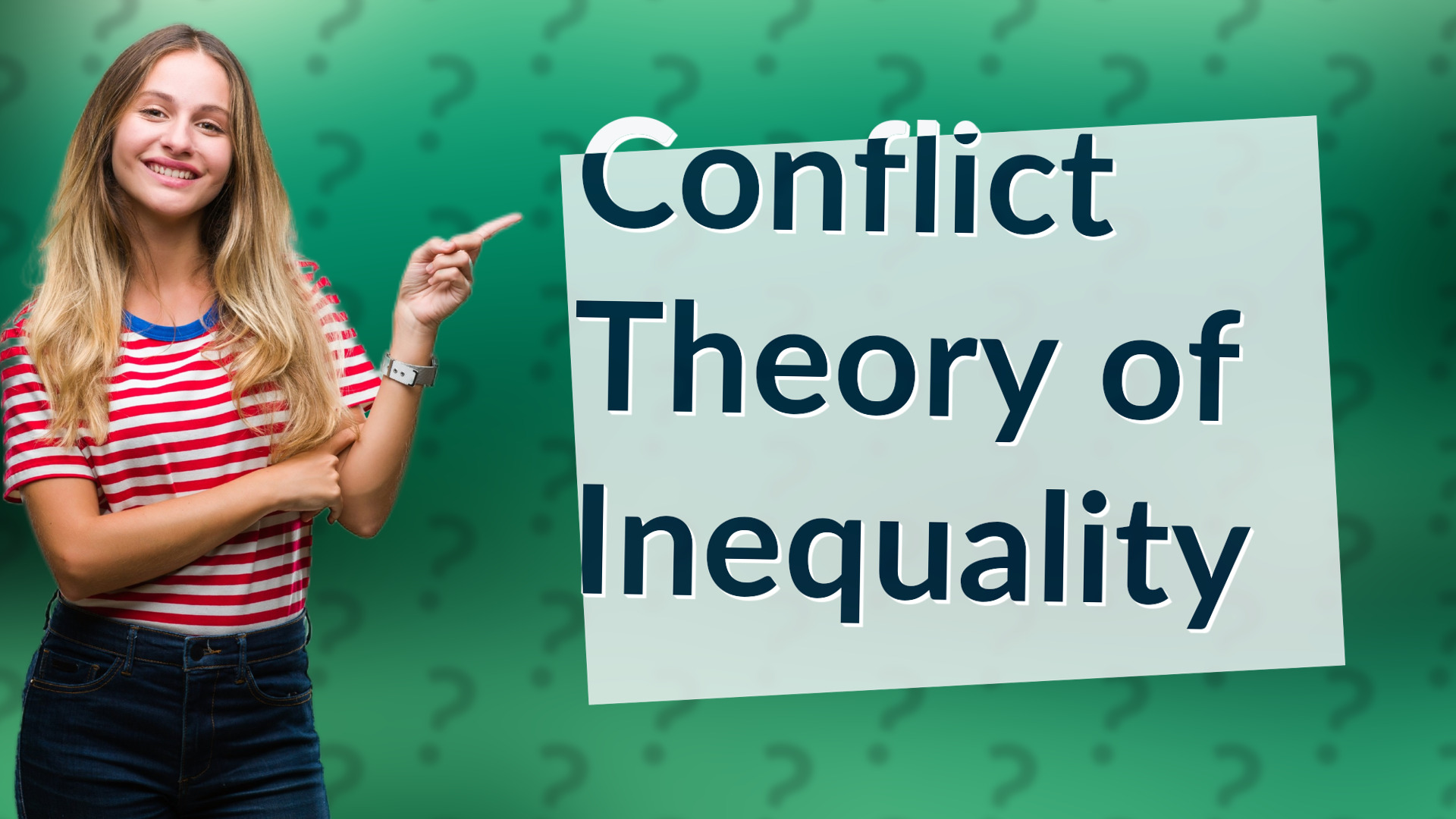
Explore how conflict theory explains social inequality through power dynamics and systemic policies.

Explore conflict theory and the feminist perspective, examining power dynamics and gender inequalities in society.

Explore the main sources of social inequality as explained by conflict theory, focusing on power dynamics among social groups.

Explore how symbolic interactionism defines gender inequality through social interactions and societal symbols.

Explore Harriet Martineau's gender conflict theory and its implications for gender equality and social reform.

Explore conflict theory through the lens of labor strikes in the Industrial Revolution and the struggle for workers' rights.

Explore conflict theory and its insights on power dynamics, inequality, and social justice.
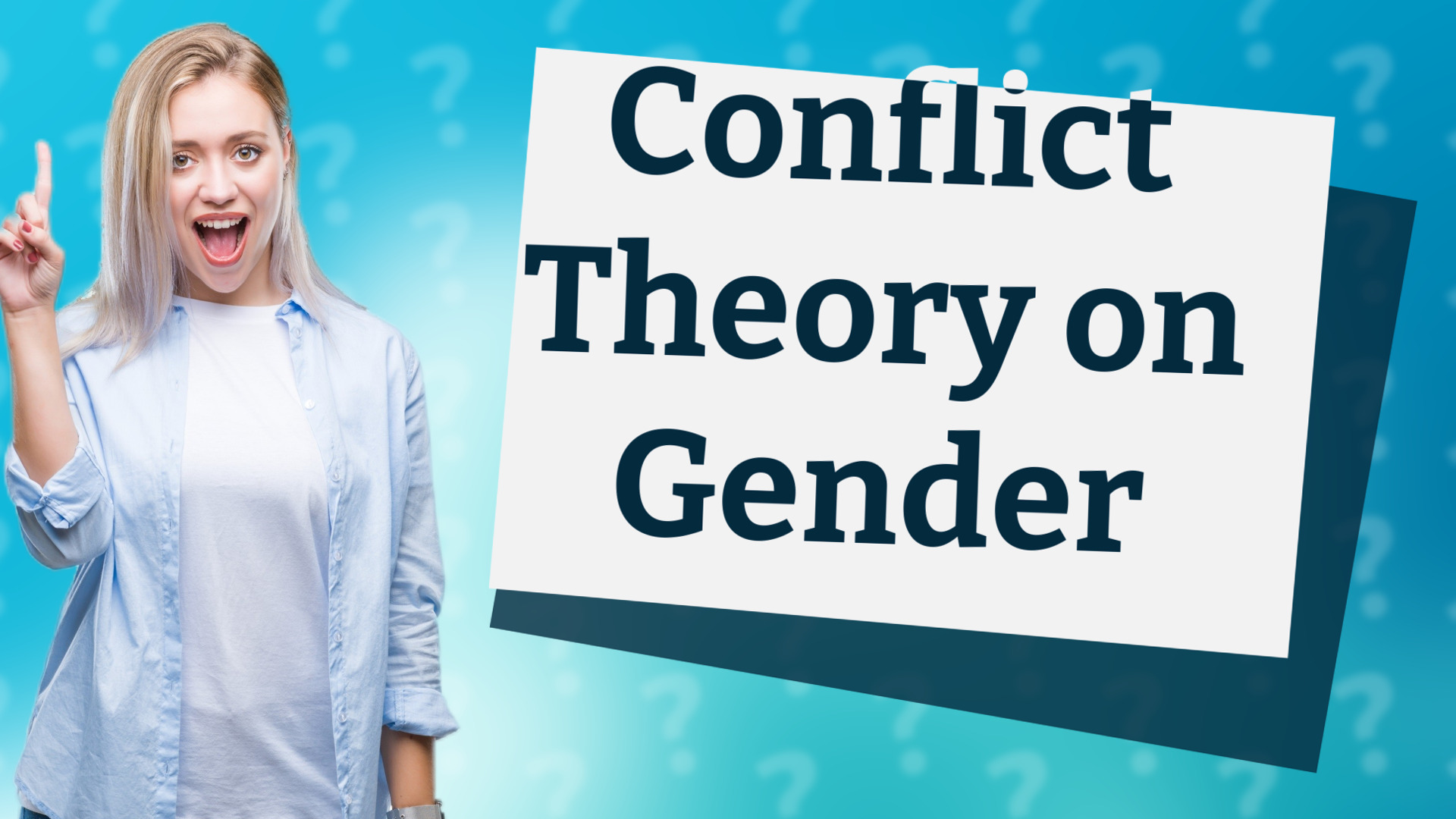
Explore how conflict theory explains gender inequality within power dynamics between social groups.
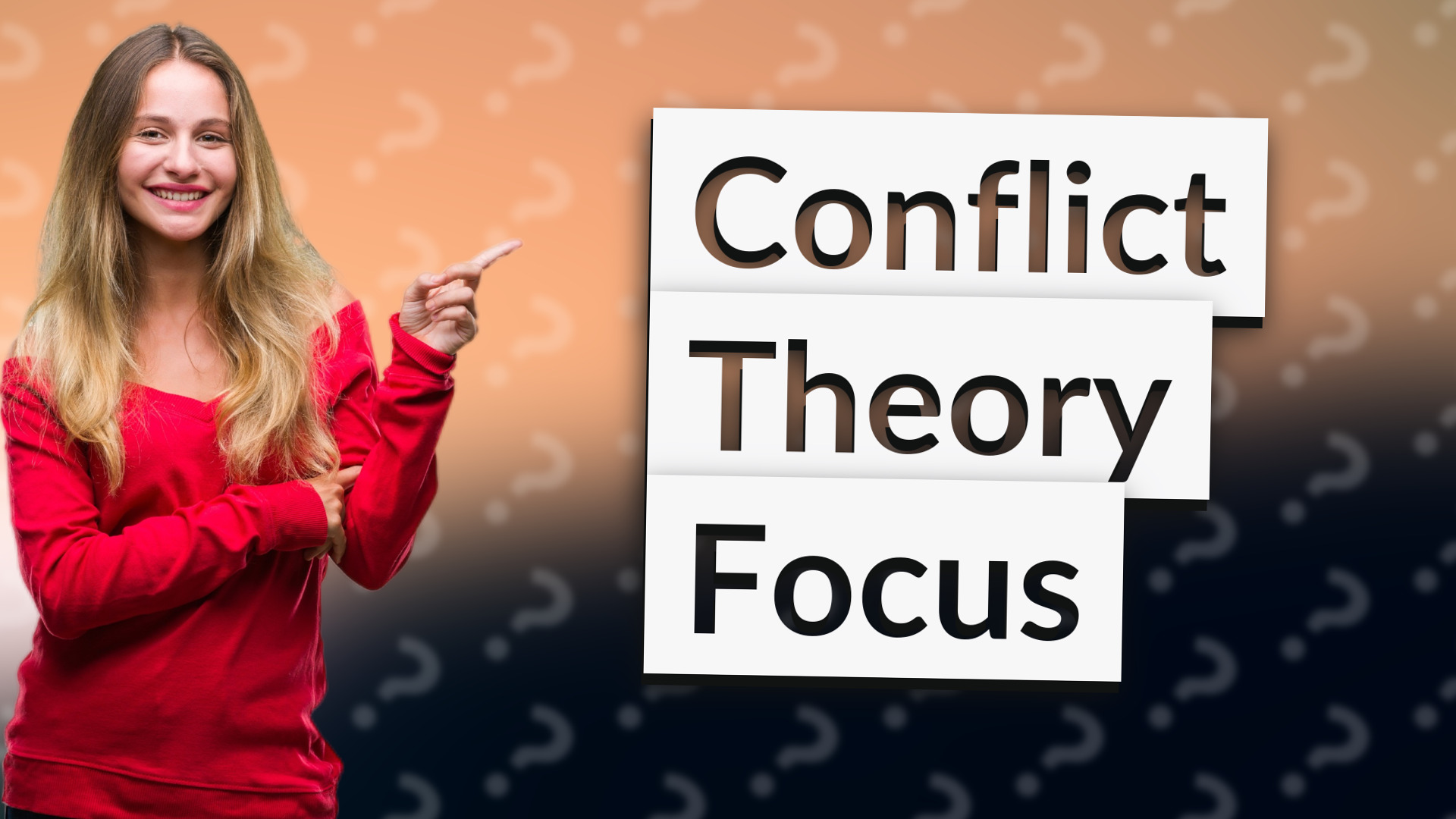
Explore the essence of conflict theory and its role in societal inequalities and social change.
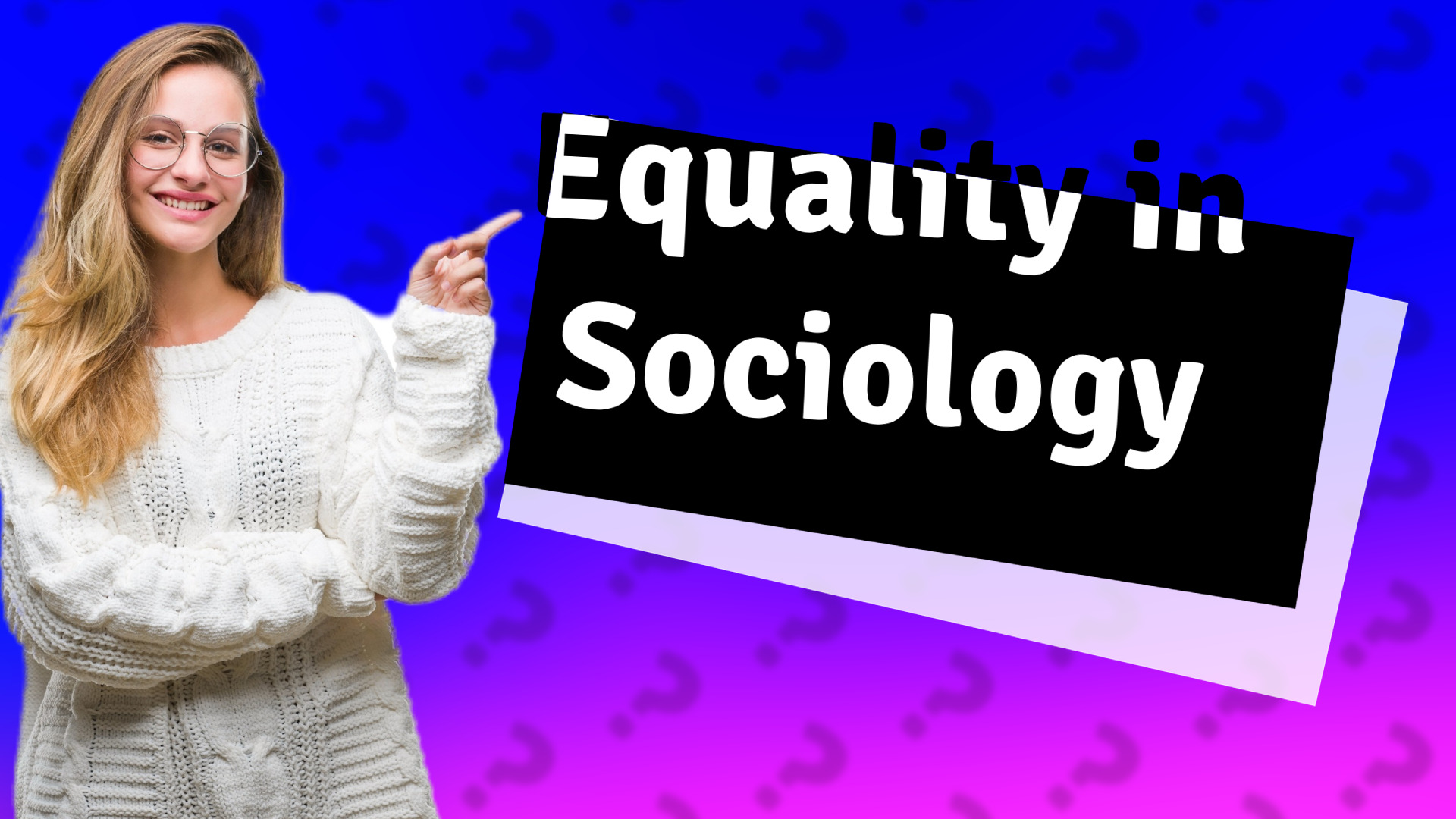
Explore how feminist theory enriches sociology by addressing gender inequalities and societal norms.
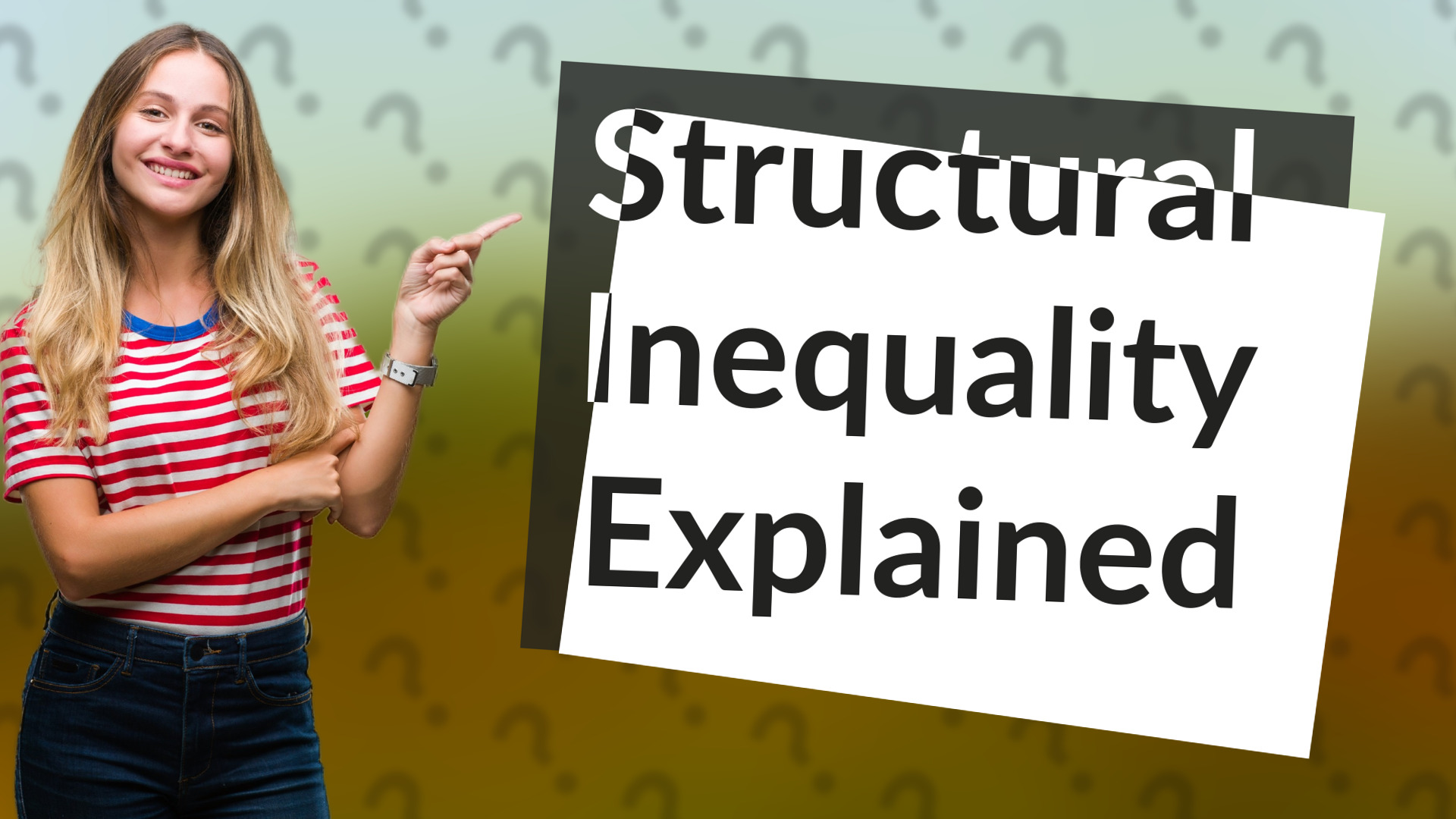
Explore how structural inequality shapes society through power imbalances and resource access in conflict theory.
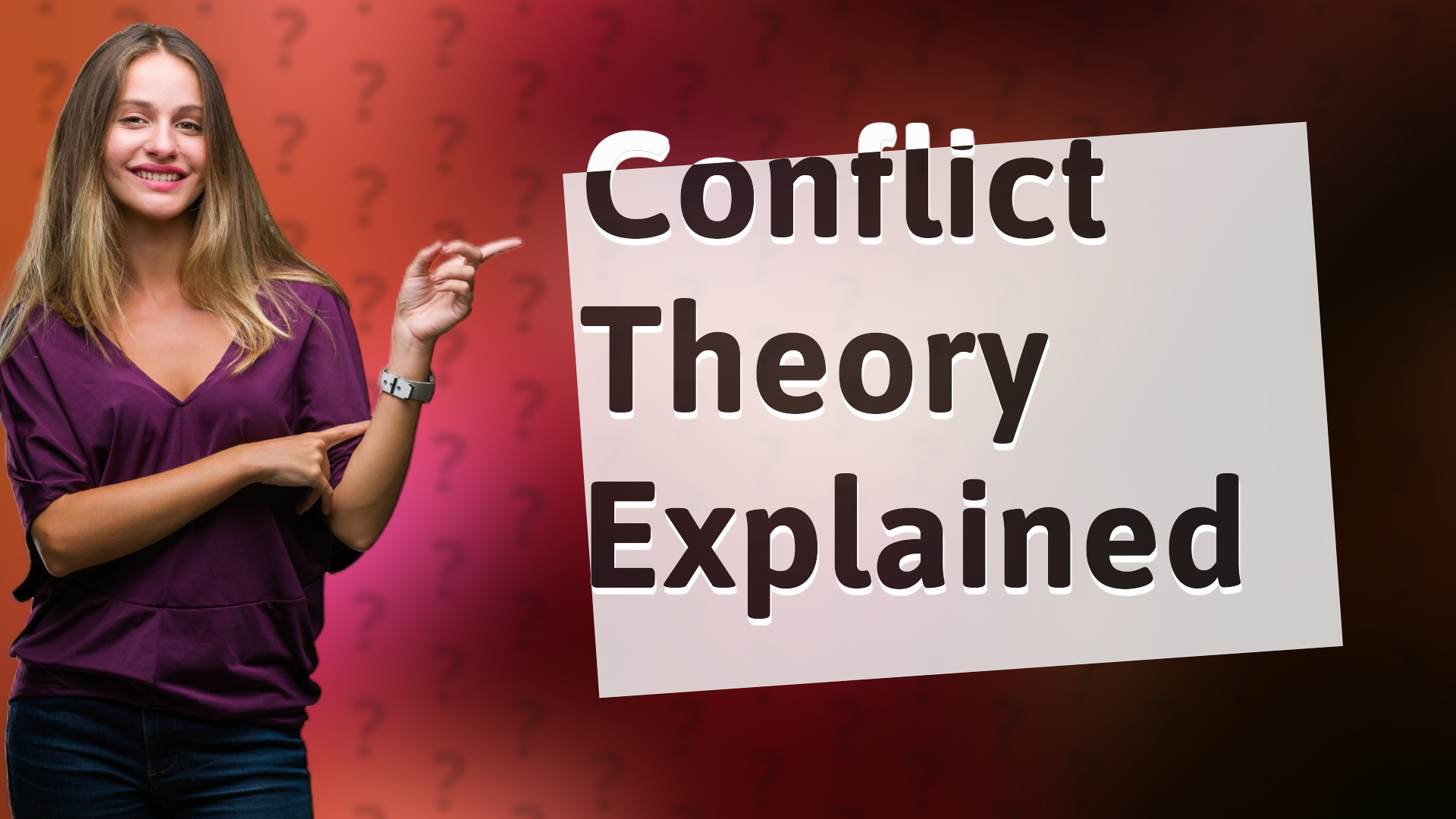
Explore the main arguments of conflict theory, focusing on power dynamics and social class struggles.
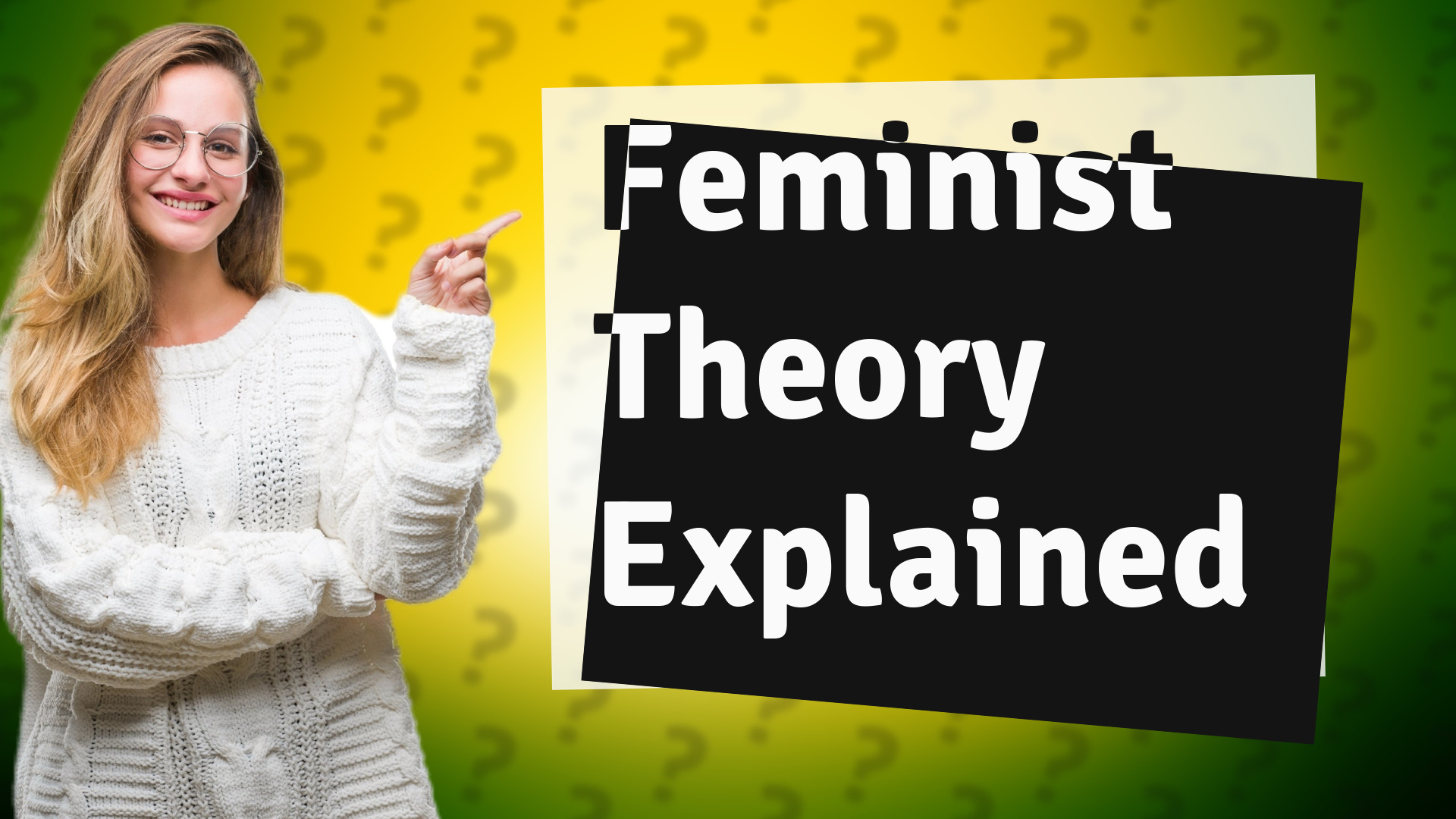
Explore how Feminist Theory reveals the impact of gender inequality on social behavior and power structures.
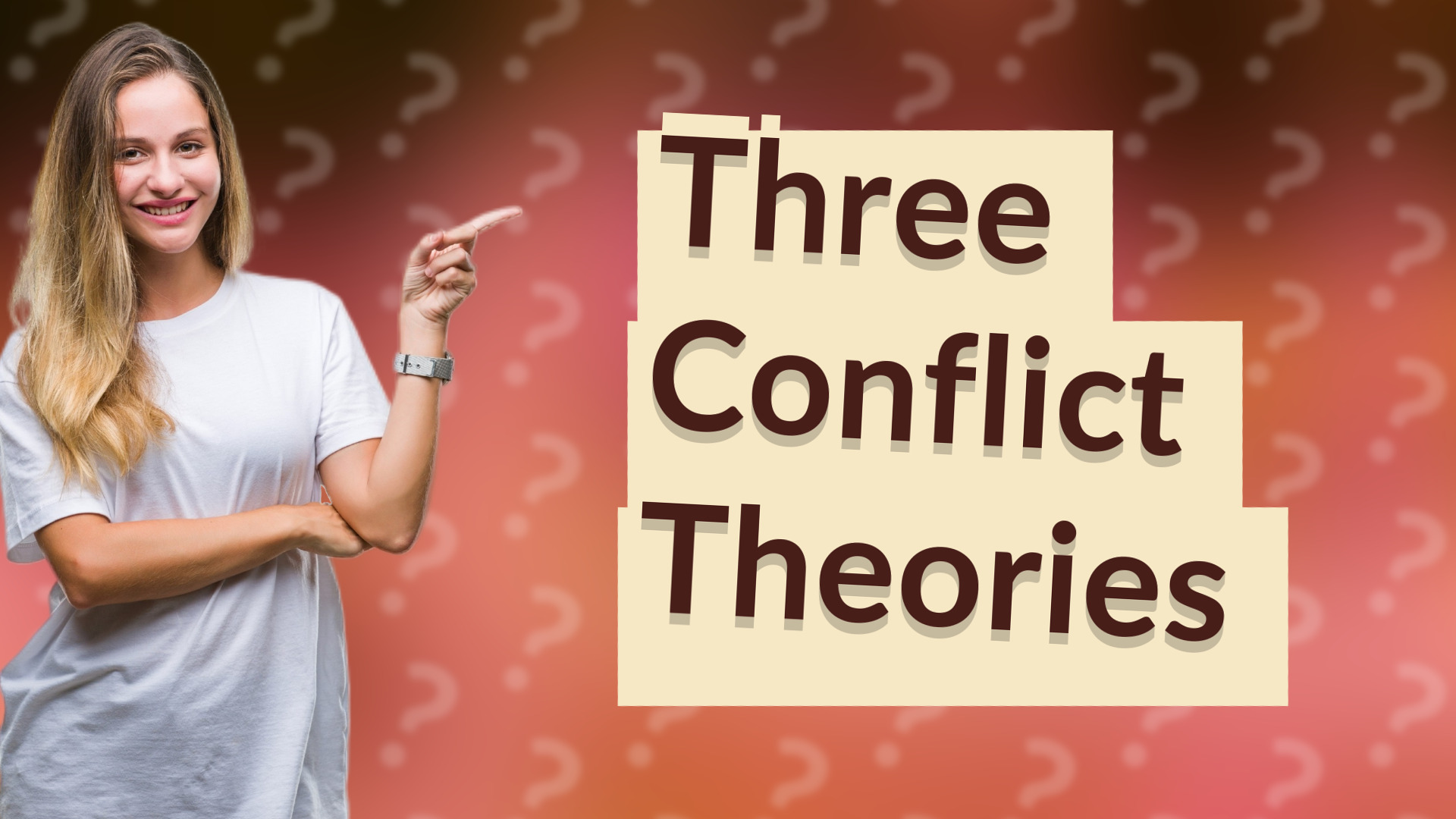
Learn about the three key theories of conflict: Functionalist, Conflict Theory, and Symbolic Interactionism.

Discover how conflict theory catalyzes social change by addressing inequalities and promoting equity.
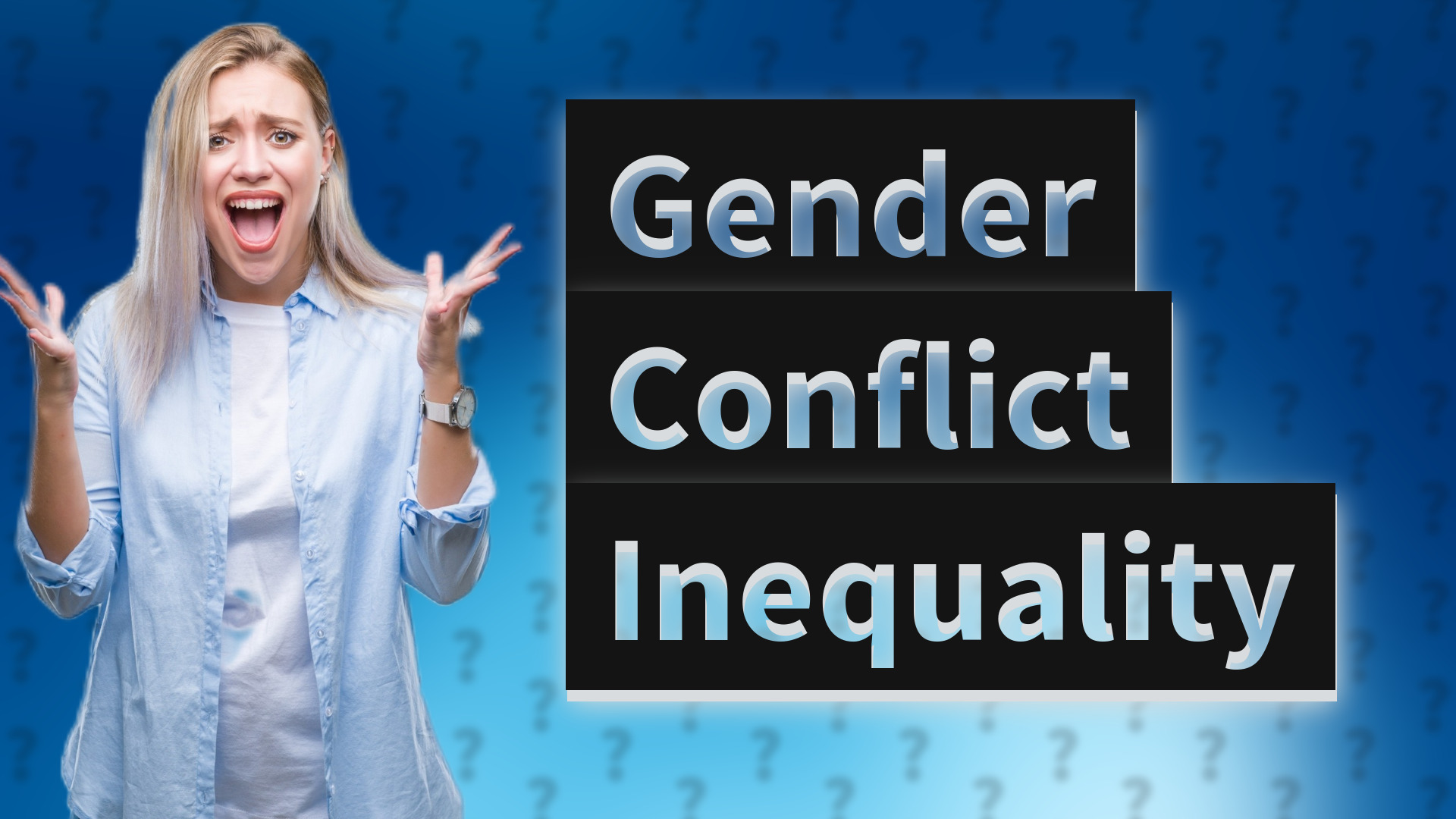
Explore the conflict perspective on gender and its impact on societal inequality between men and women.
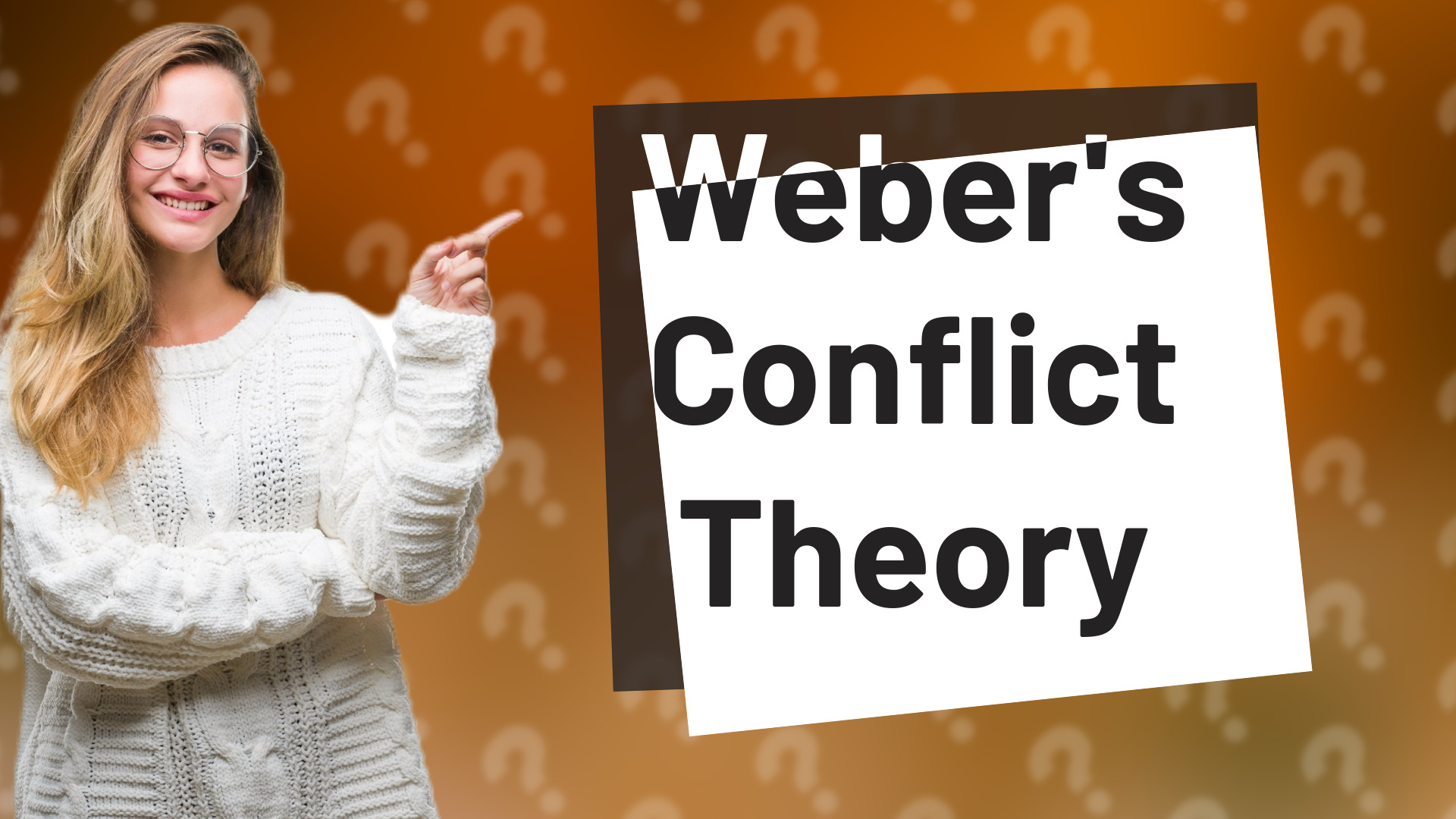
Explore Max Weber's conflict theory and its focus on power, authority, and social inequalities in society.
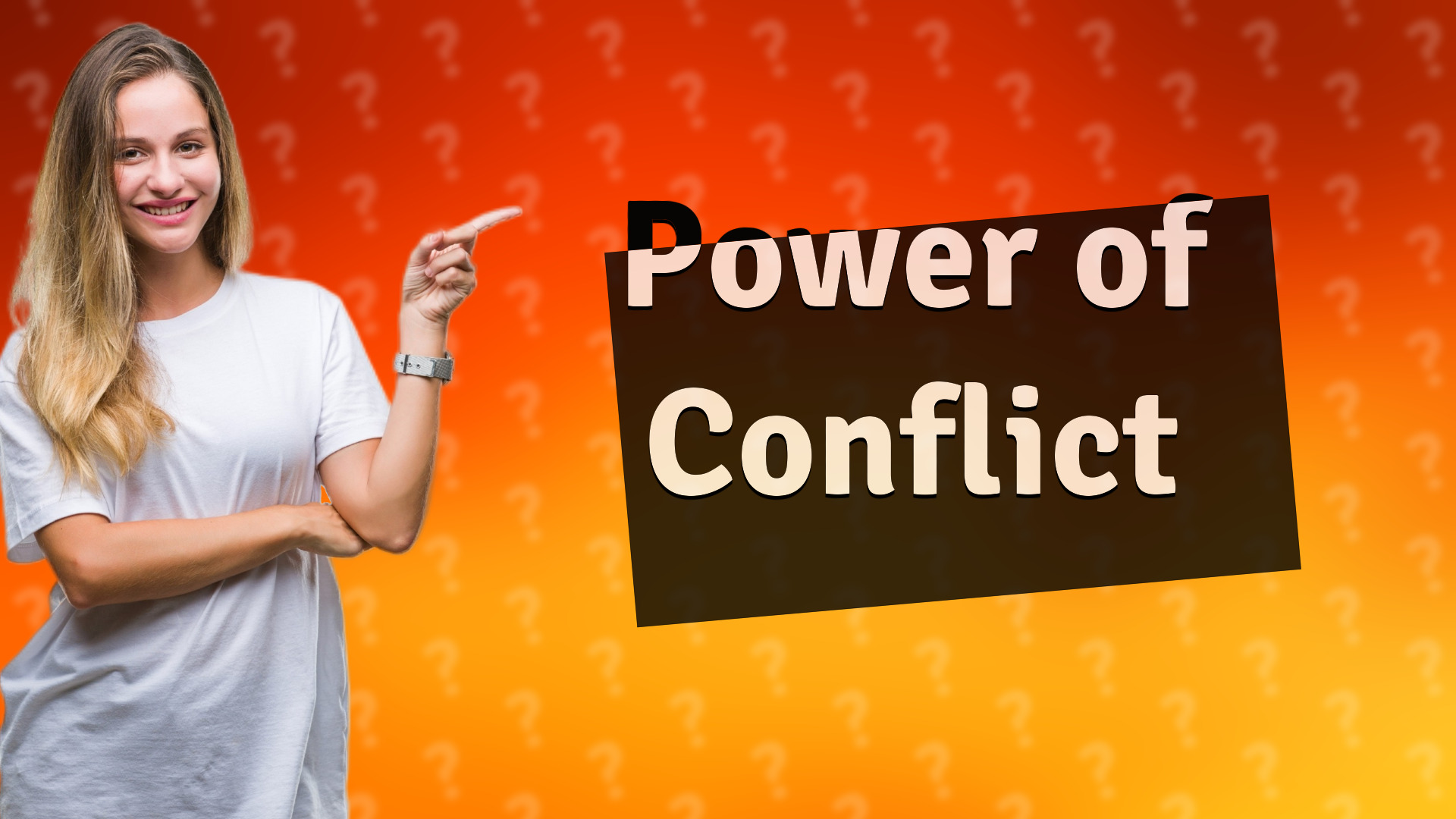
Explore the significance of conflict theory and its impact on social structures and inequality.
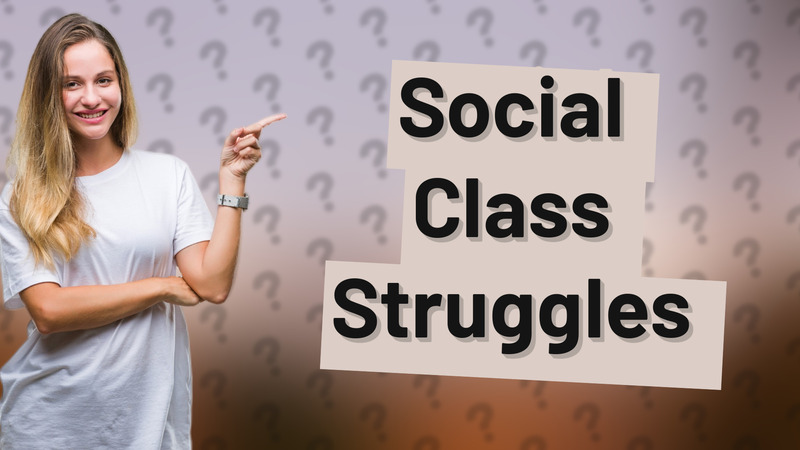
Explore how conflict theory explains social class struggles and systemic inequities in society.
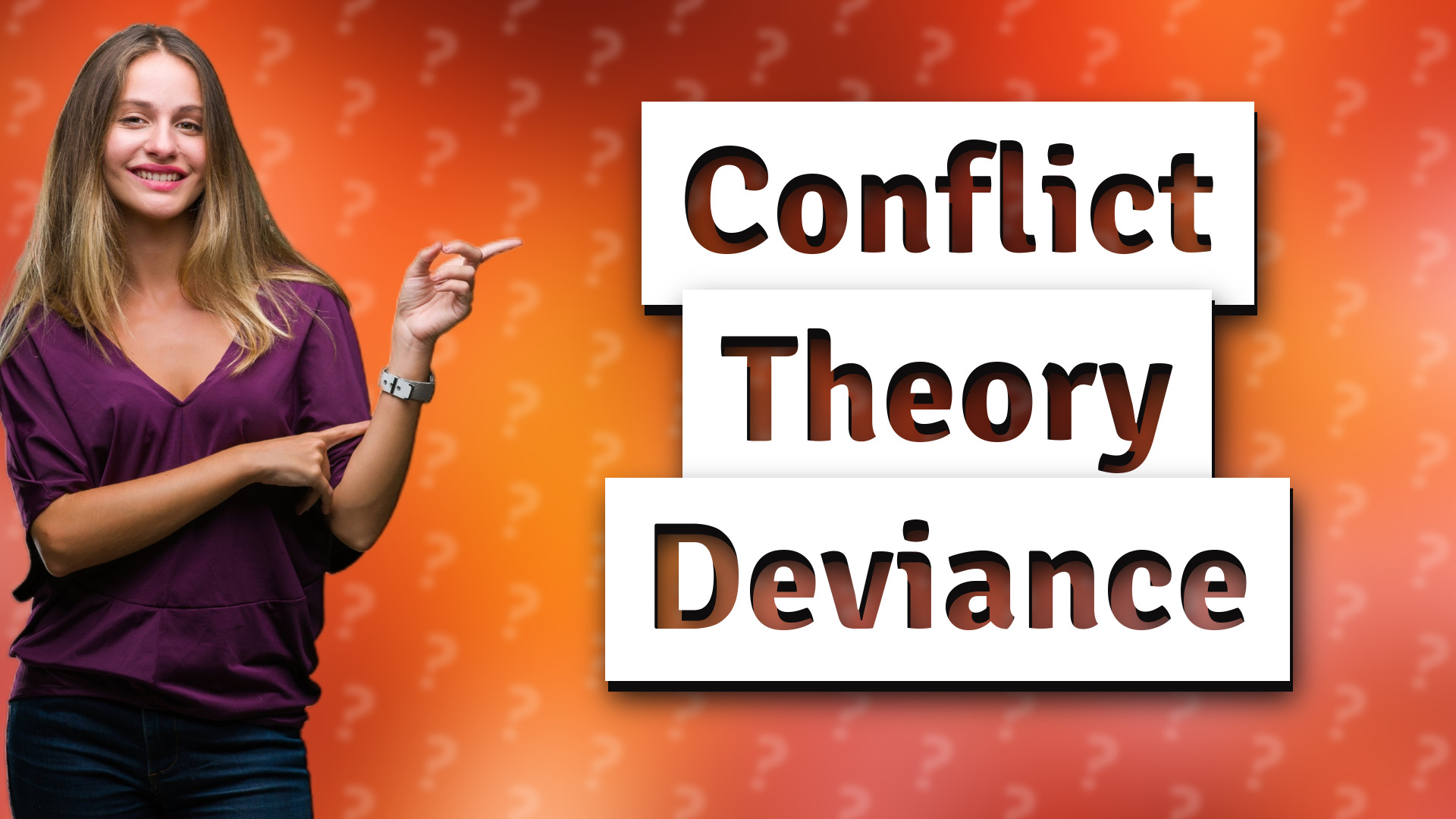
Discover how conflict theory relates social inequality to deviance and criminal behavior in modern society.
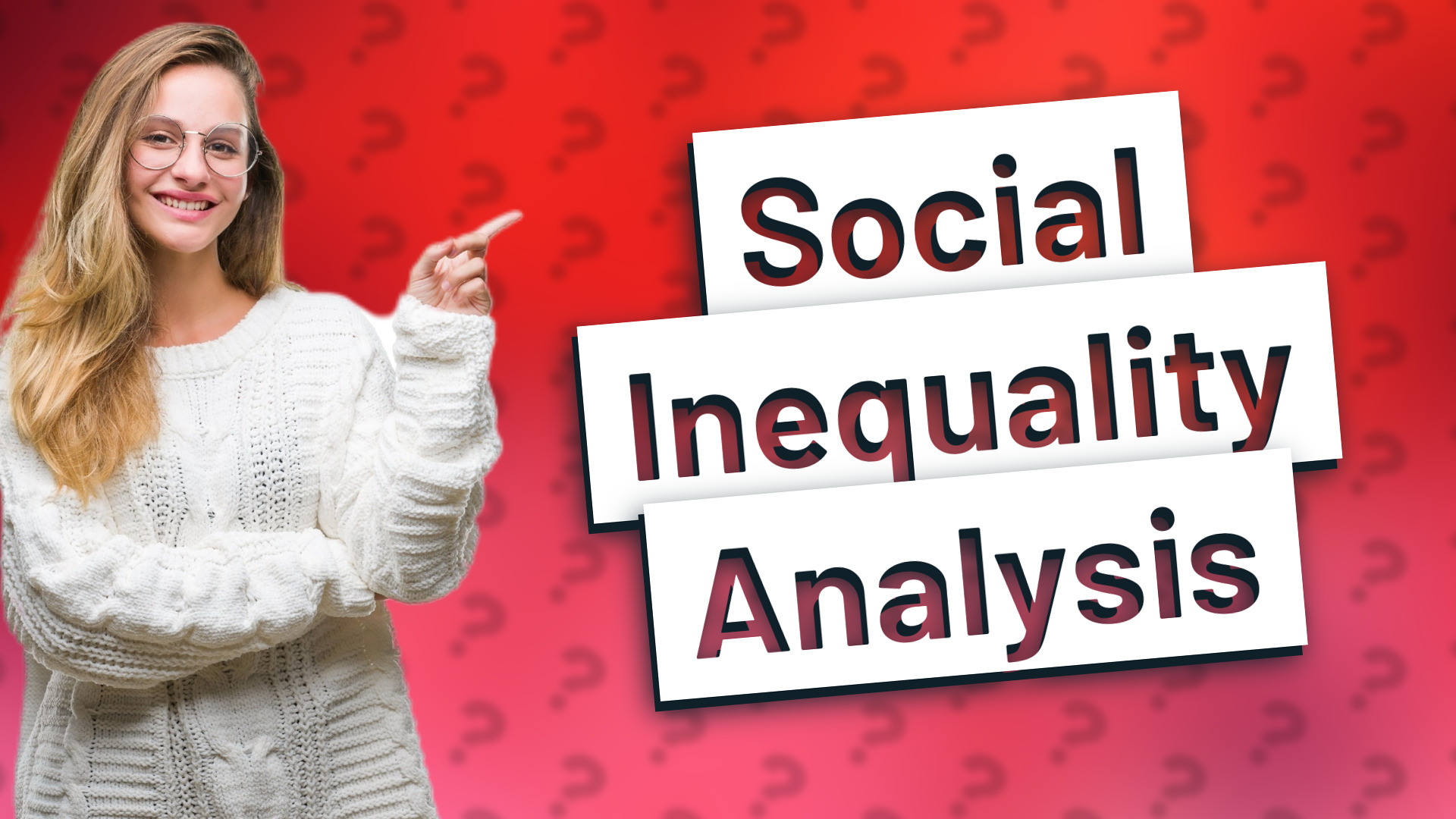
Explore how conflict theory explains social inequality through power struggles and resource distribution.
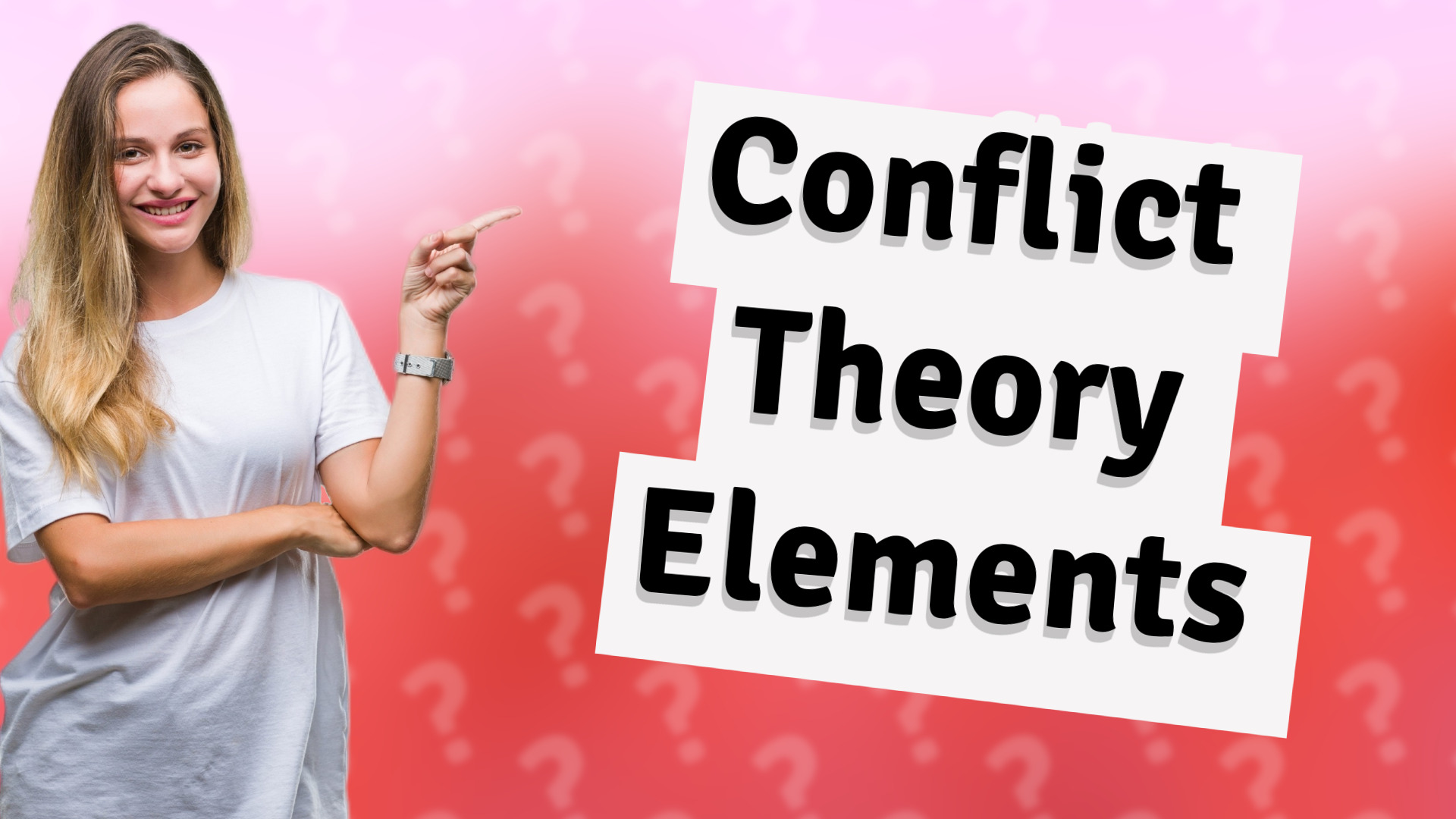
Discover the three main sources of conflict in conflict theory: class, status, and power dynamics.
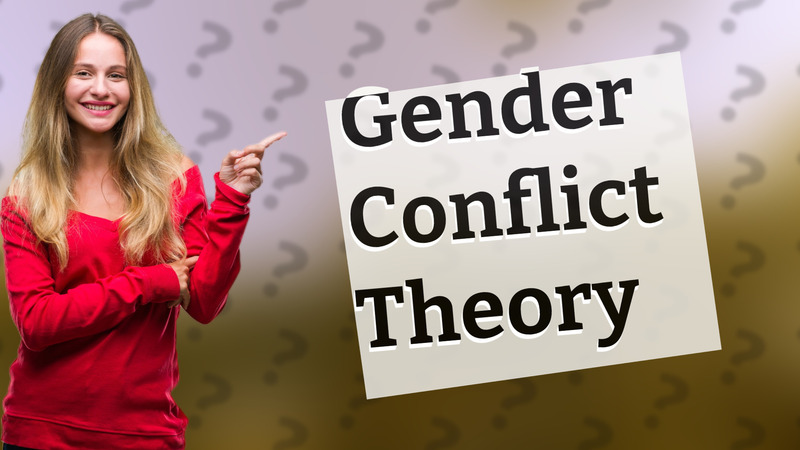
Explore how conflict theorists explain gender differences through power dynamics and systemic inequality.
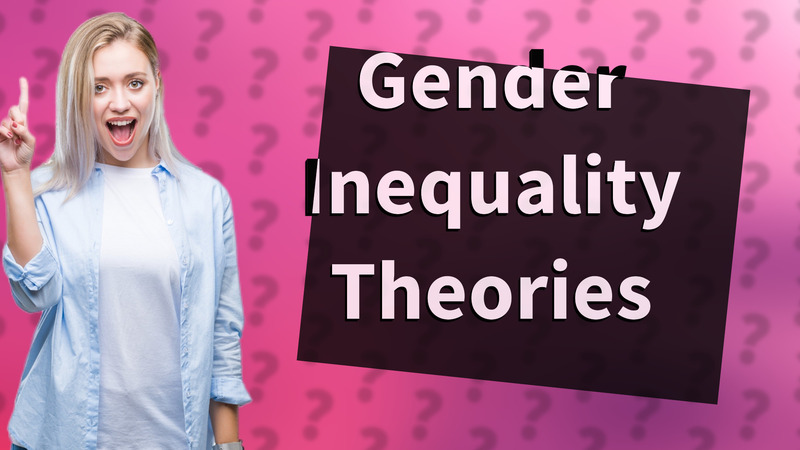
Learn about the key theories explaining gender inequality, including Functionalism, Conflict Theory, and Feminist Theory.

Discover the primary concerns of conflict theory: power disparities and resource allocation. Explore how these issues shape societal inequalities.
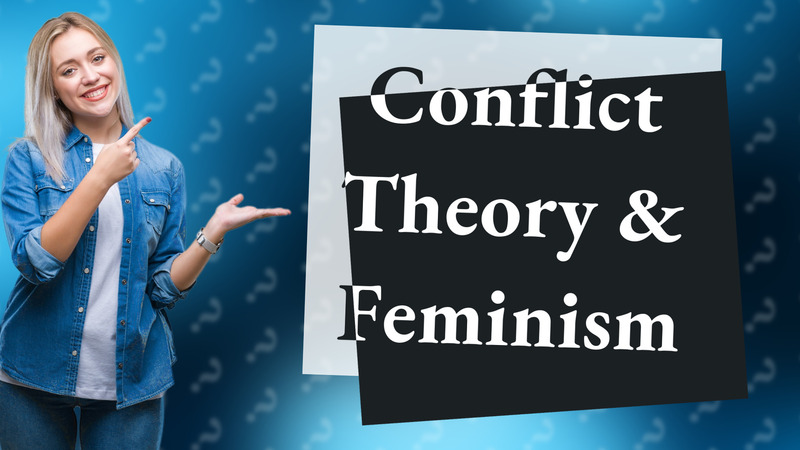
Explore how conflict theory interprets feminism and gender inequality in society.
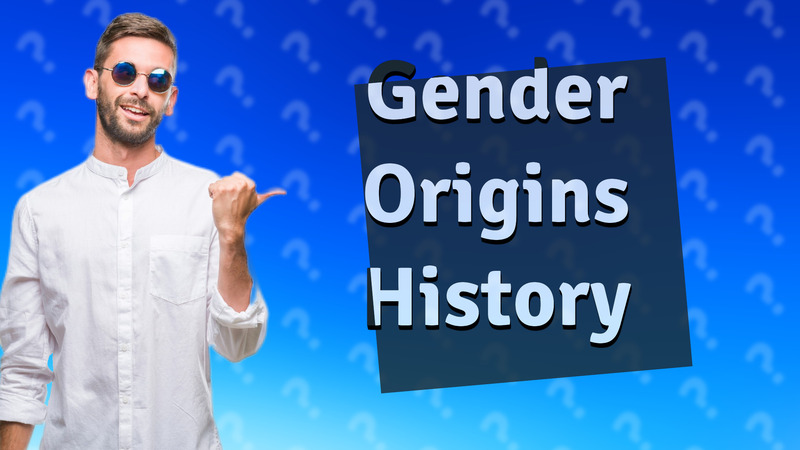
Discover the origins and evolution of the gender concept, influenced by sociology and culture.
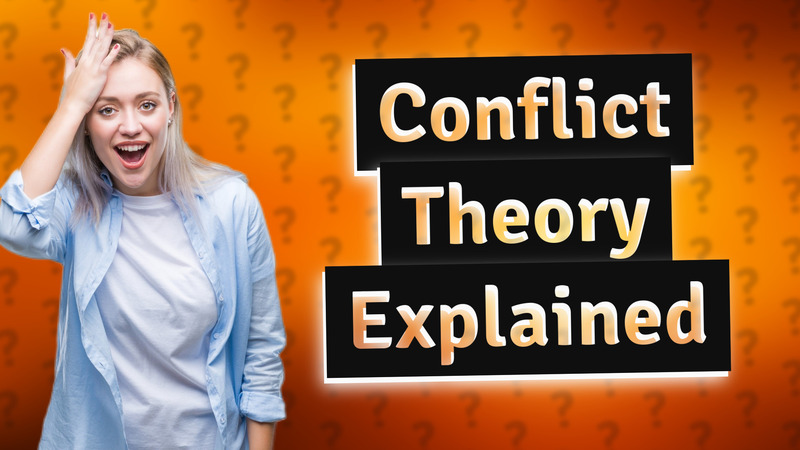
Explore conflict theory, its focus on power dynamics, social inequality, and its implications for social justice.
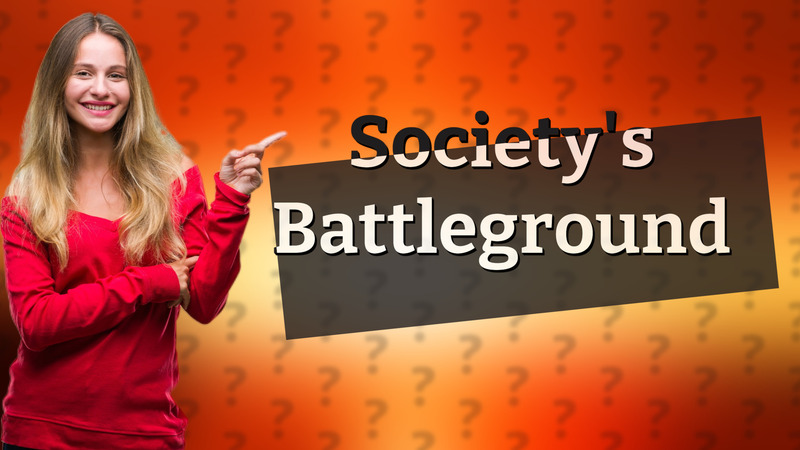
Explore how conflict theories depict society as a battleground of interests, driving social change through power and inequality.
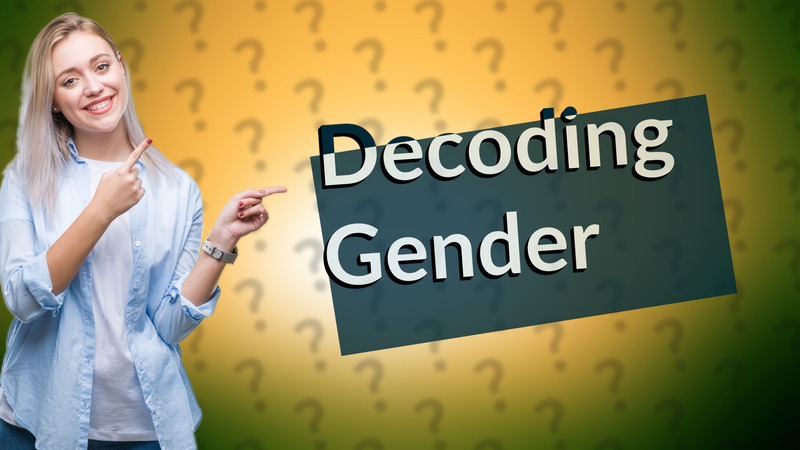
Explore how symbolic interactionists view gender as a dynamic social construct shaped by interactions.

Explore how social conflict theory explains deviance and inequality in society by examining power dynamics.

Explore the conflict theory of society, focusing on power struggles, inequality, and social change in today's world.
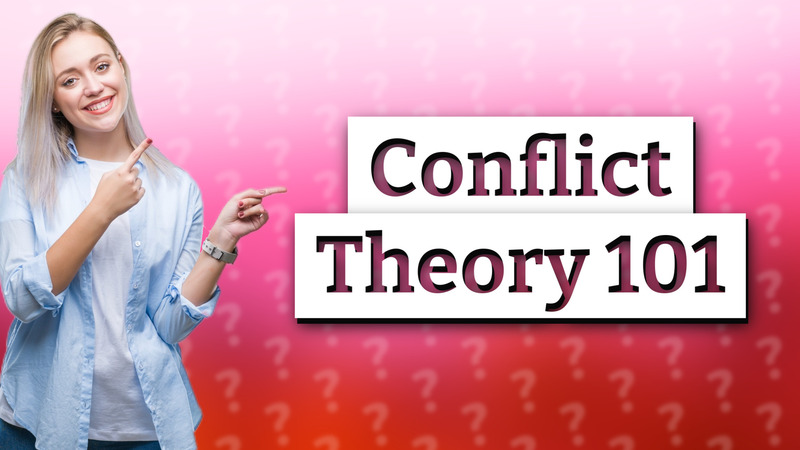
Explore the essential concepts of conflict theory including power dynamics, class struggles, and social change.

Explore how conflict theory explains inequality through power dynamics and resource competition.
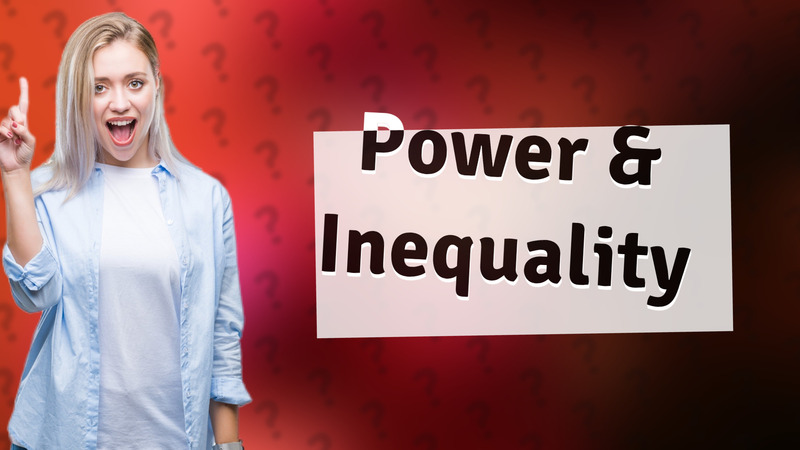
Explore how conflict theorists view power and inequality as the central elements shaping human society.
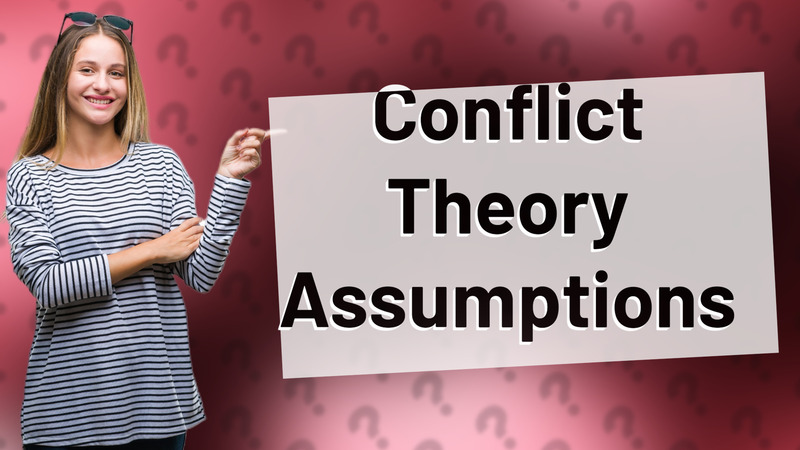
Explore the three fundamental assumptions of conflict theory and how they shape societal dynamics.
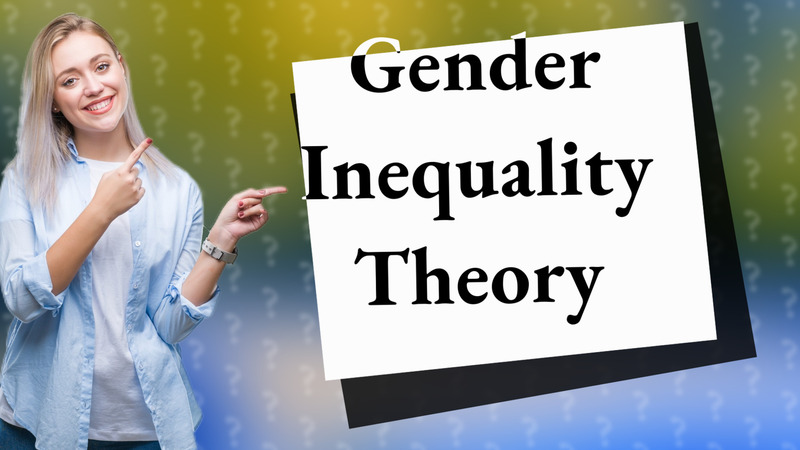
Discover how conflict theory explains gender income inequality and the societal barriers causing wage disparities.
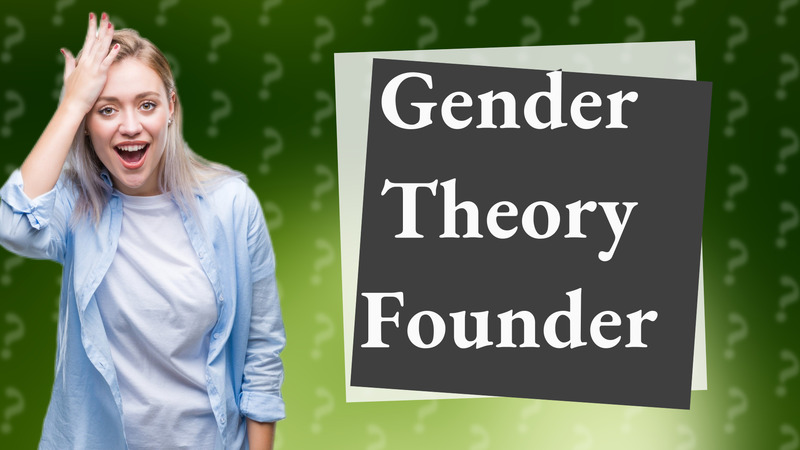
Explore how Ralf Dahrendorf shaped gender conflict theory through his insights on social conflict and power dynamics.

Explore how conflict theory explains gender pay gaps and systemic disparities in power and resources.
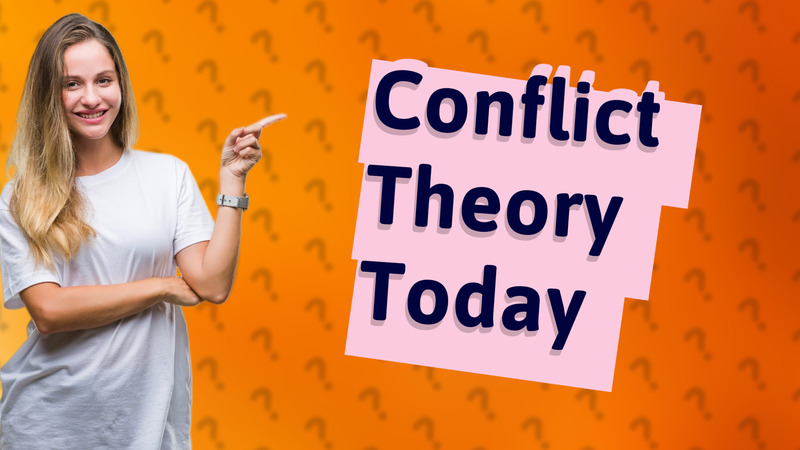
Explore how conflict theory explains societal inequalities and informs policy strategies.

Explore the functionalist view on gender roles and their impact on social stability and gender inequality.
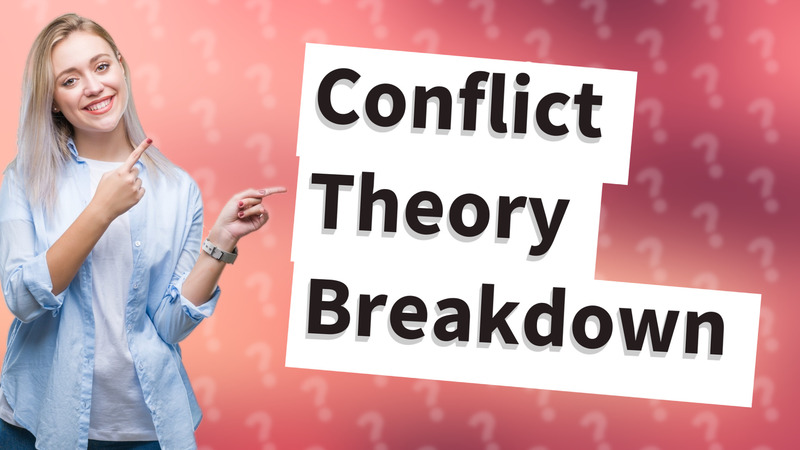
Discover the pros and cons of conflict theory, shedding light on social inequalities and power dynamics in society.
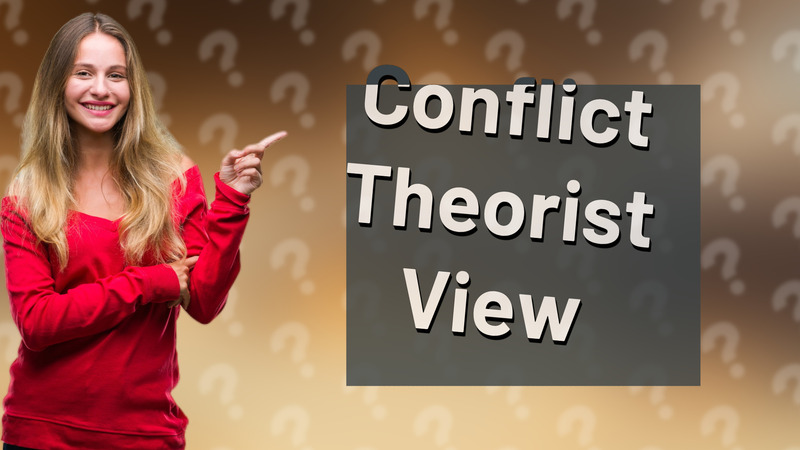
Explore how conflict theorists explain inequality through power struggles and societal competition.

Explore conflict theorists' perspectives on education and its role in perpetuating social inequalities.
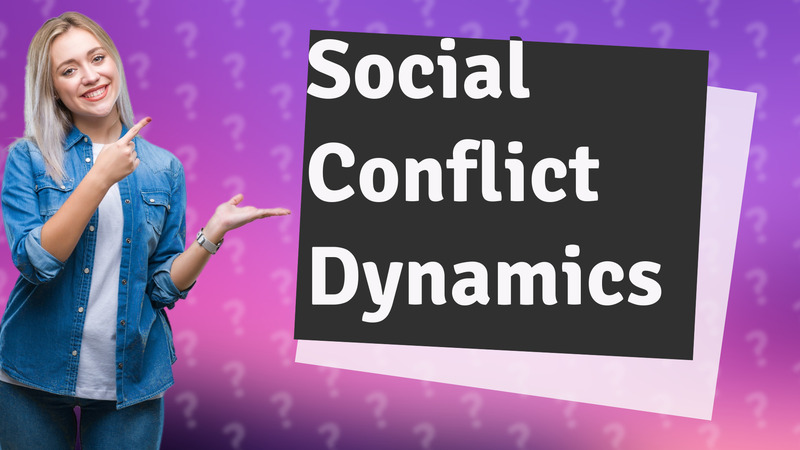
Explore the social conflict approach, emphasizing societal inequality and power struggles that shape human interactions.
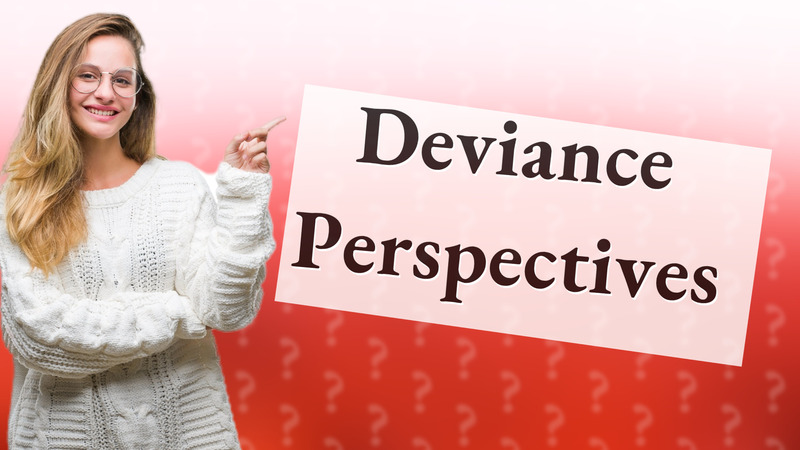
Explore how conflict theory interprets deviance as a response to social inequality and power dynamics.

Discover the key strengths and weaknesses of conflict theory and how it impacts our understanding of society's dynamics.
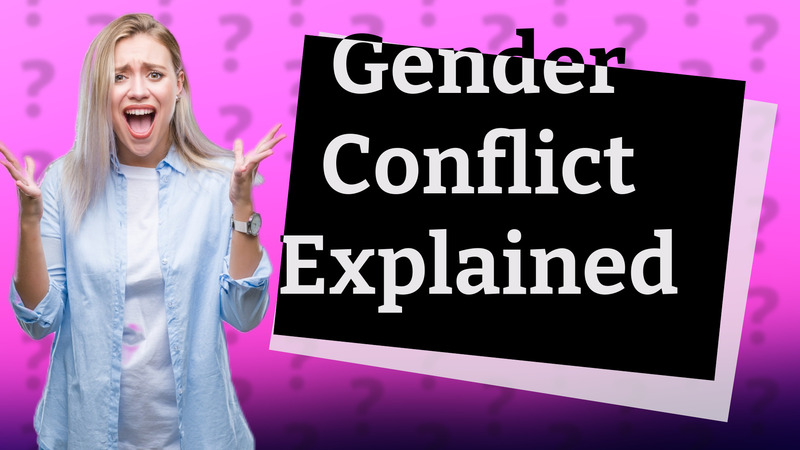
Explore the gender conflict in sociology, focusing on power struggles and societal roles that create disparities.
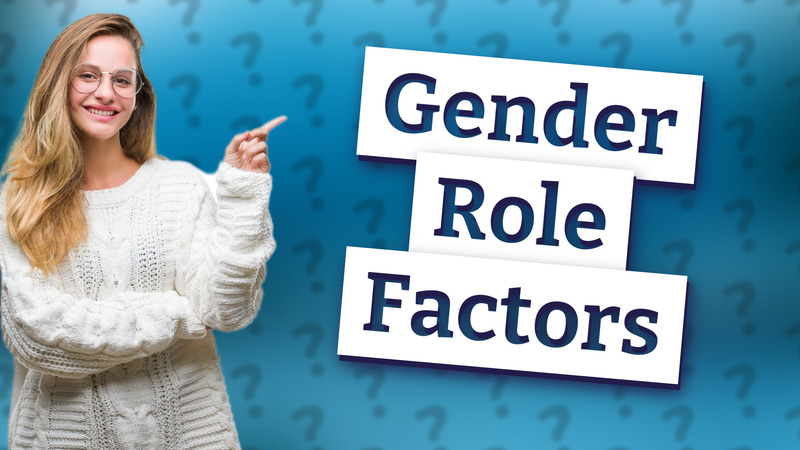
Explore the main factors that shape gender roles including socialization, culture, religion, and economics.
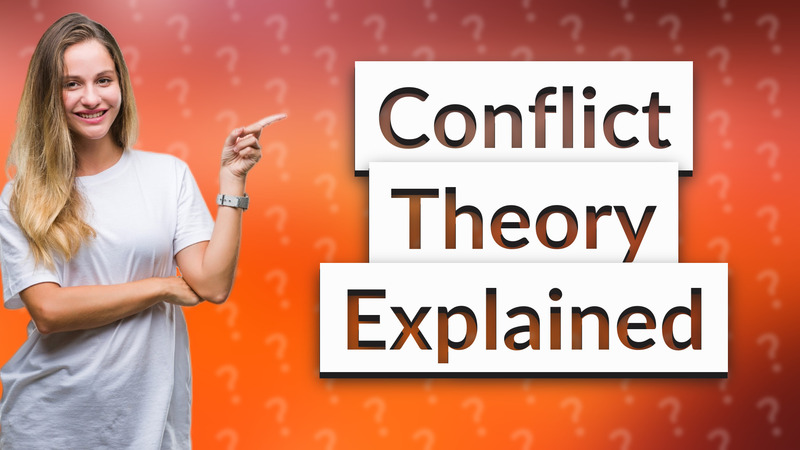
Explore the fundamentals of conflict theory and its implications on social order and power dynamics.
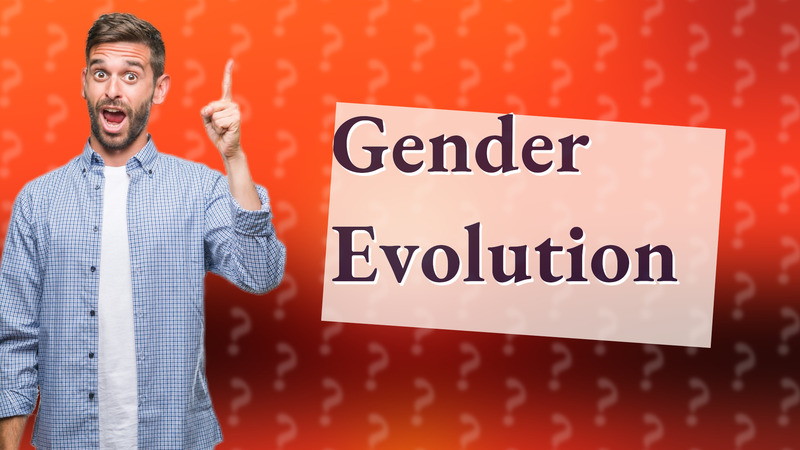
Discover how evolution shapes gender roles through reproductive strategies and social factors.
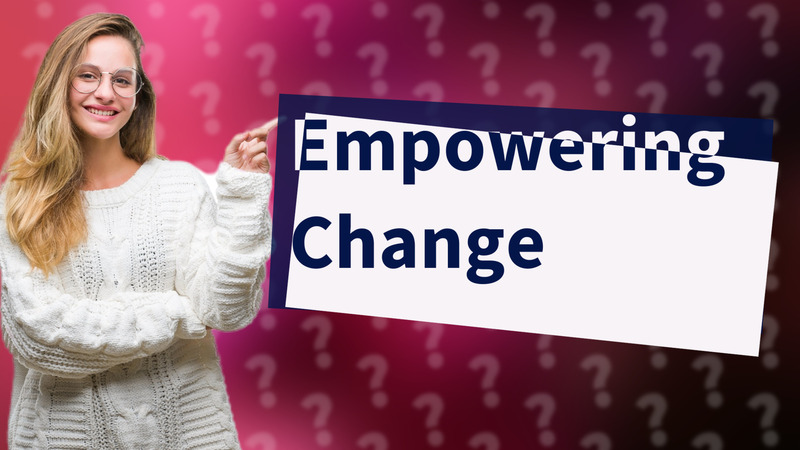
Discover how feminist perspective aligns with conflict theory to address social inequality and power dynamics.
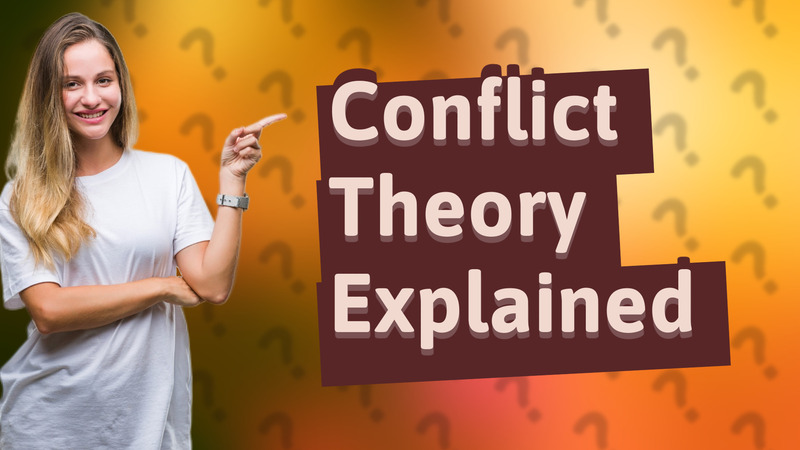
Explore the fundamentals of conflict theory and its impact on societal dynamics and power struggles.
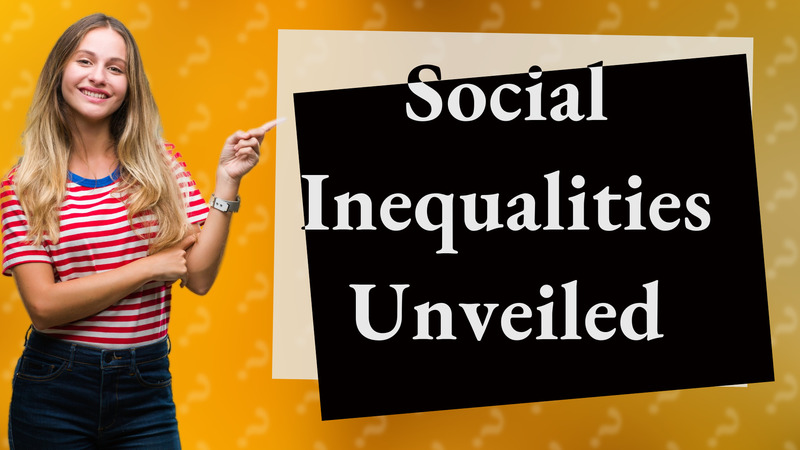
Explore how conflict theorists explain social class inequalities and their impact on society.
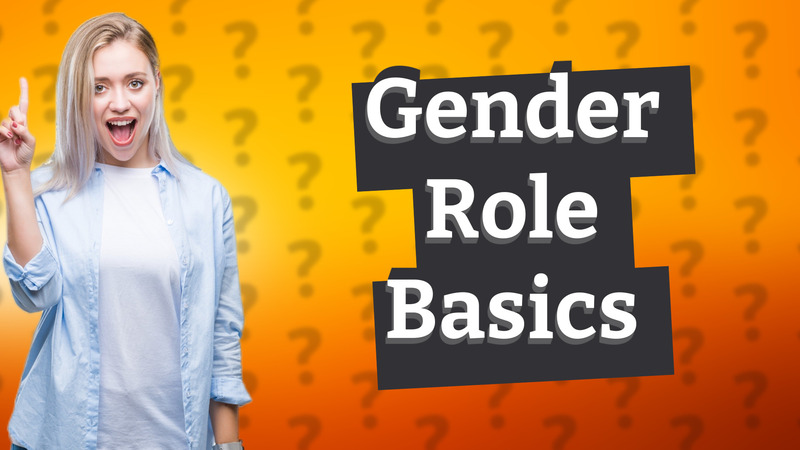
Explore the concept of gender roles and their influence on society, careers, and personal interests.
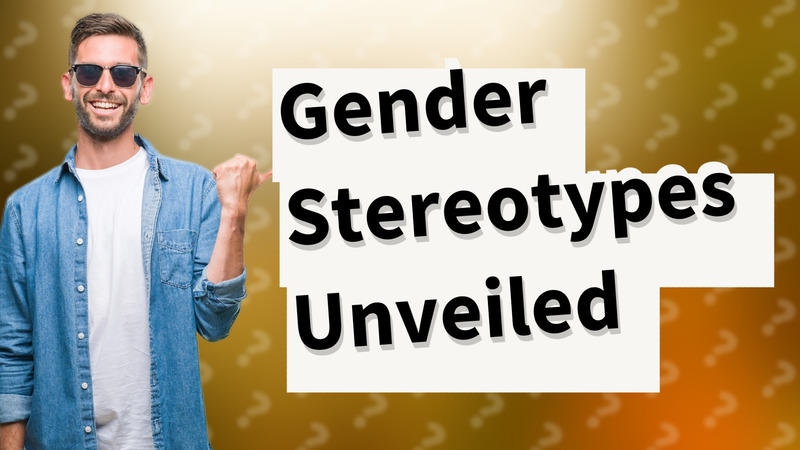
Discover societal norms shaping boys' and girls' roles. Explore how culture influences opportunities and expectations.

Learn about the four essential features of conflict theory and how they impact societal dynamics.
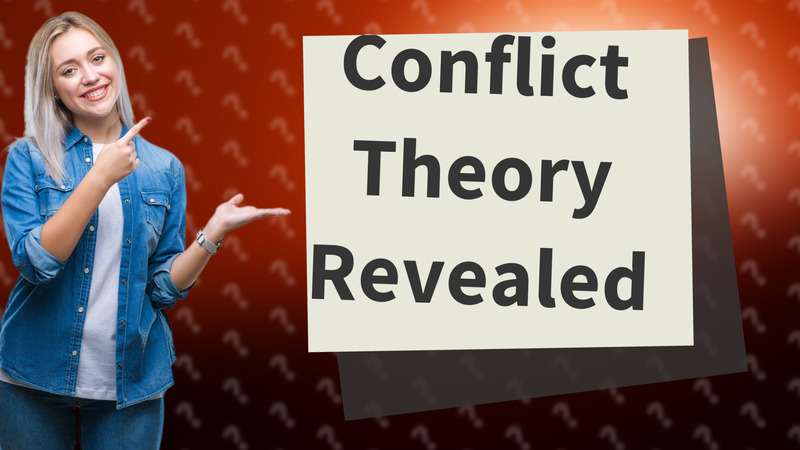
Explore the fundamentals of conflict theory and its impact on social structures and inequality.

Discover how economic inequality drives social conflict in conflict theory. Learn more in our insightful Q&A video!
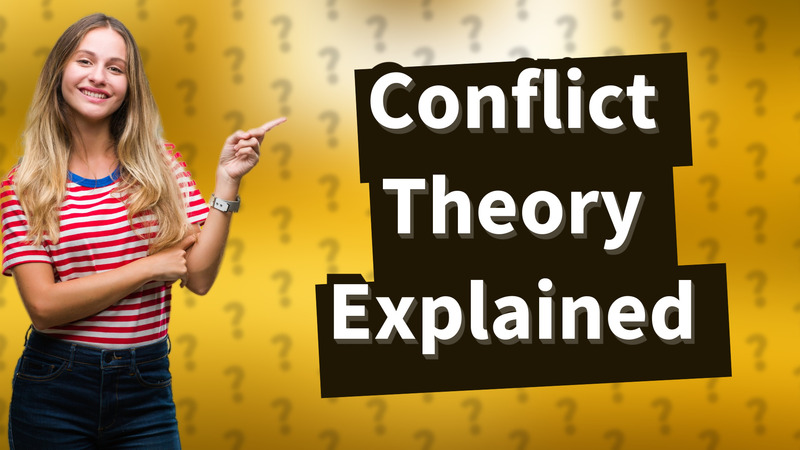
Explore how conflict theorists explain inequality through power struggles and social conflict.

Explore how conflict theorists interpret gender roles as reflections of inequality and power dynamics within society.
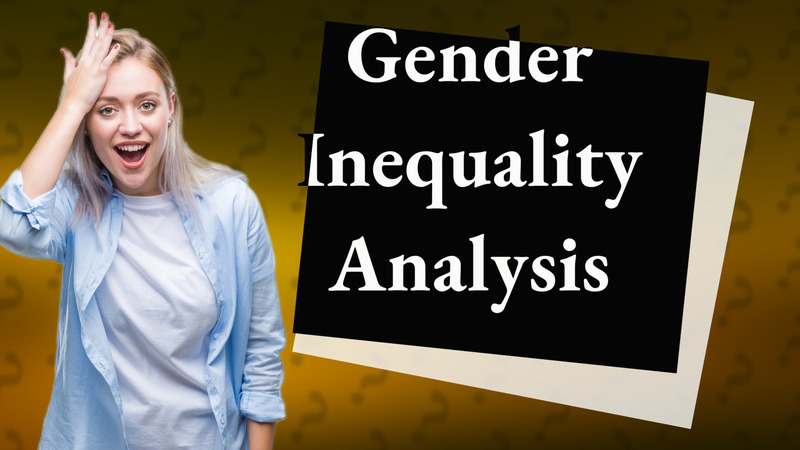
Explore how conflict theorists perceive gender inequality as a form of exploitation within societal structures.
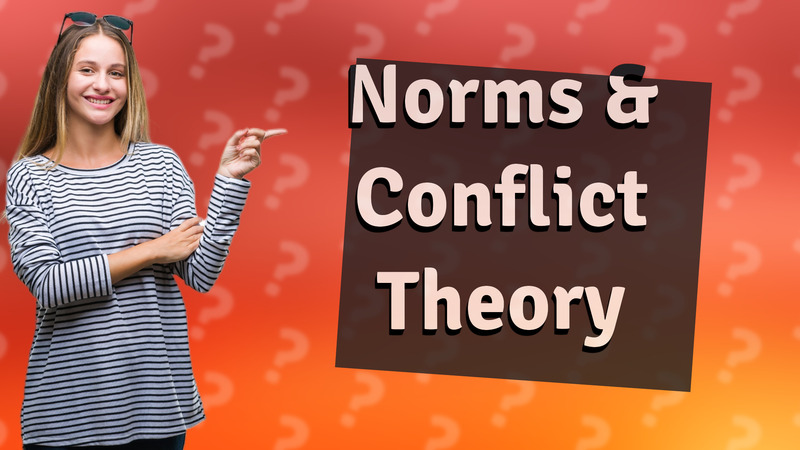
Explore how conflict theory views norms as tools for power dynamics and social inequality.
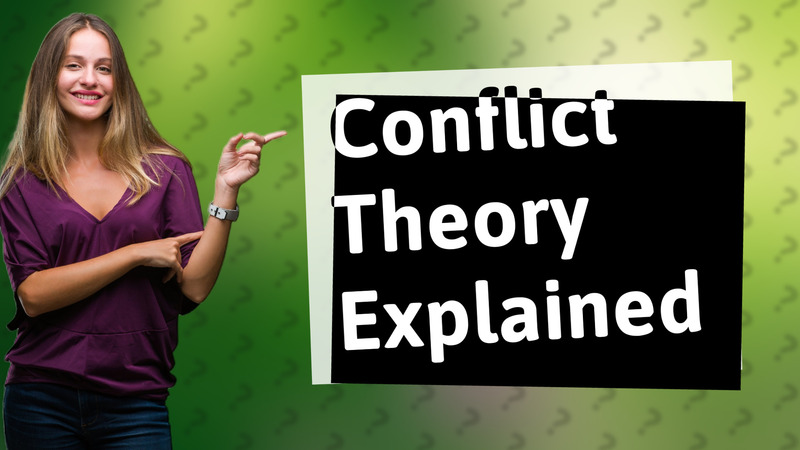
Discover how conflict theory, rooted in Marxist thought, explains social inequality and power dynamics.
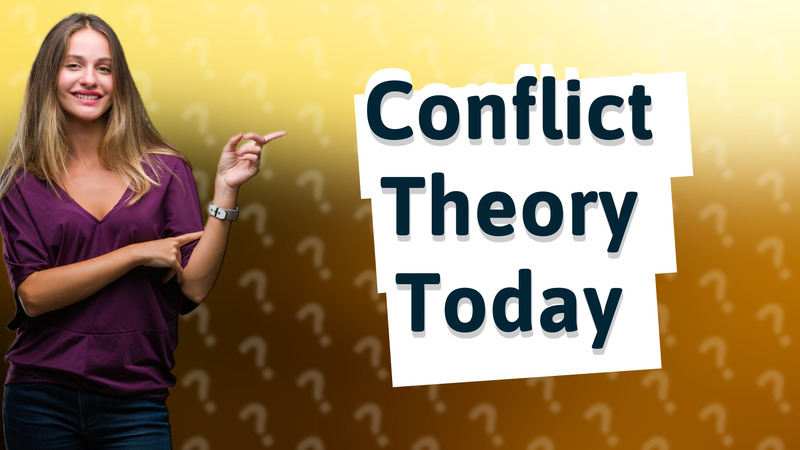
Explore the relevance of conflict theory explaining societal inequalities in today's world.

Discover the key weakness in conflict theory and how it overlooks societal stability and cooperation.
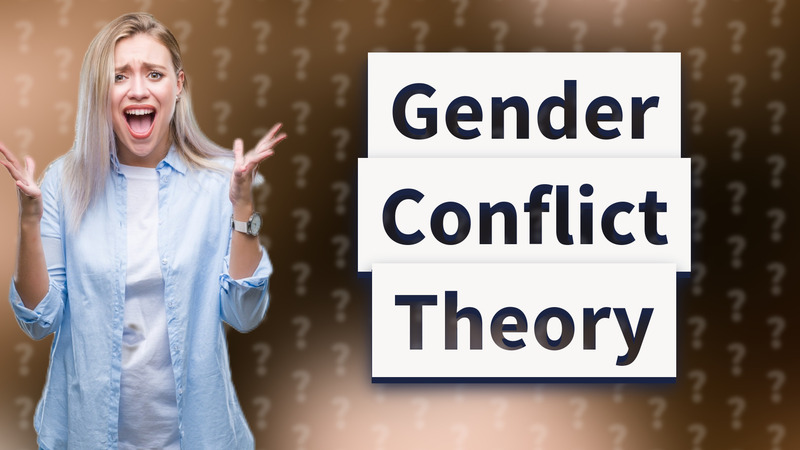
Explore how conflict theory explains gender inequality in society and the impact on women's rights.
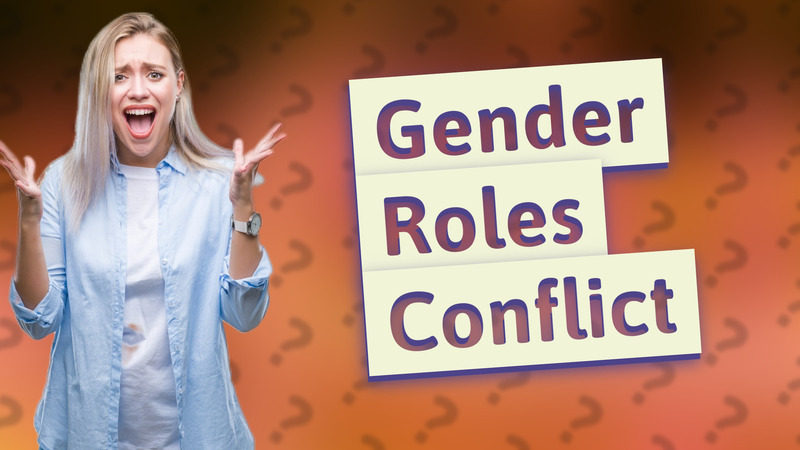
Explore how conflict theory explains gender inequalities in society and the impact of power dynamics.
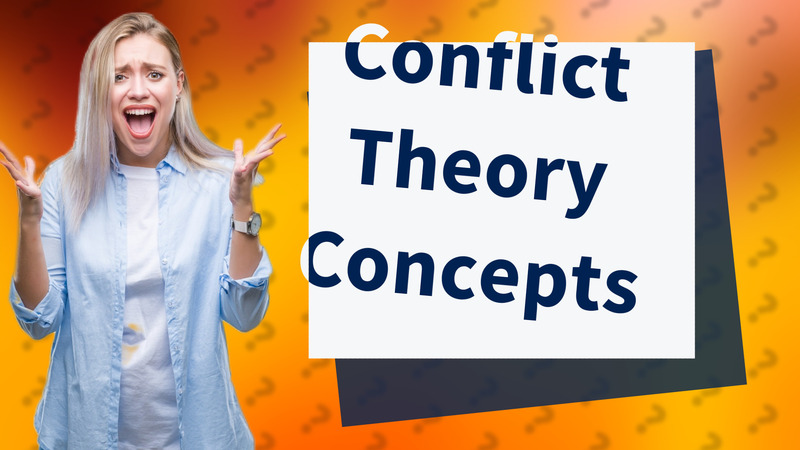
Explore the main ideas of conflict theory, including class struggle, inequality, and the role of institutions.
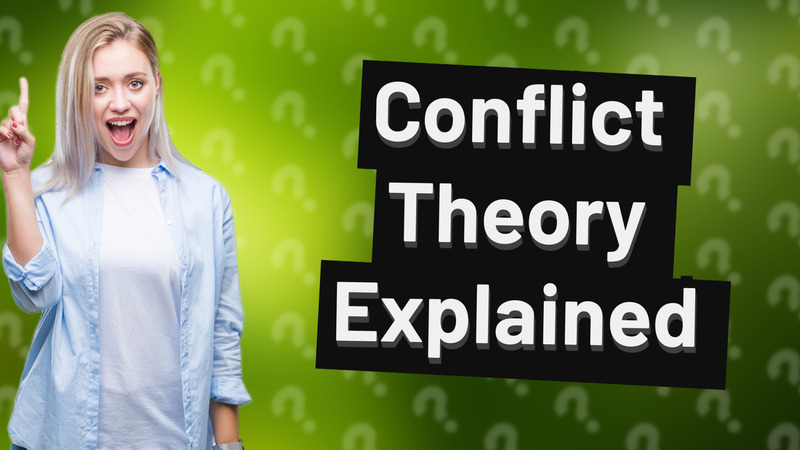
Explore how conflict theory explains social dynamics, power struggles, and systemic inequality in society.
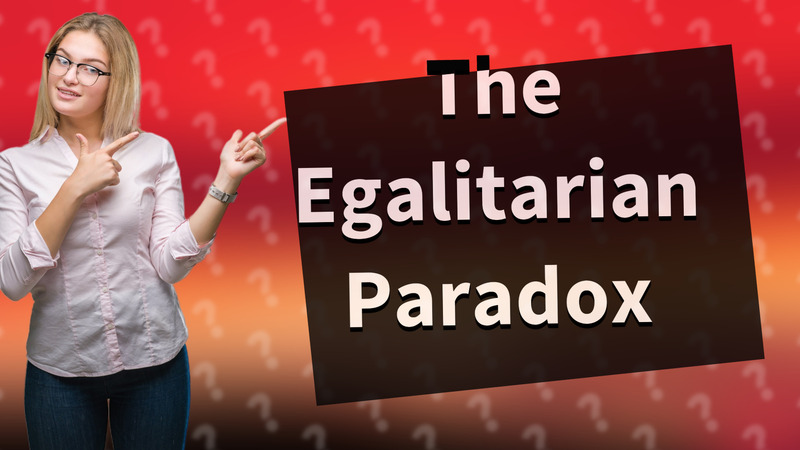
Discover the egalitarian paradox and how attempts to achieve equality can sometimes lead to greater disparities.

Discover how conflict theory critiques education for perpetuating social inequality and limiting social mobility.
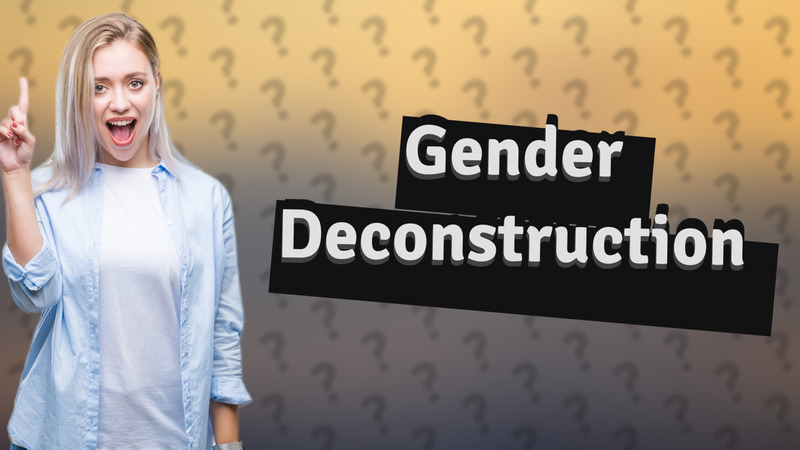
Explore Judith Butler's theory of gender performativity, revealing how gender identity is constructed through societal norms and actions.
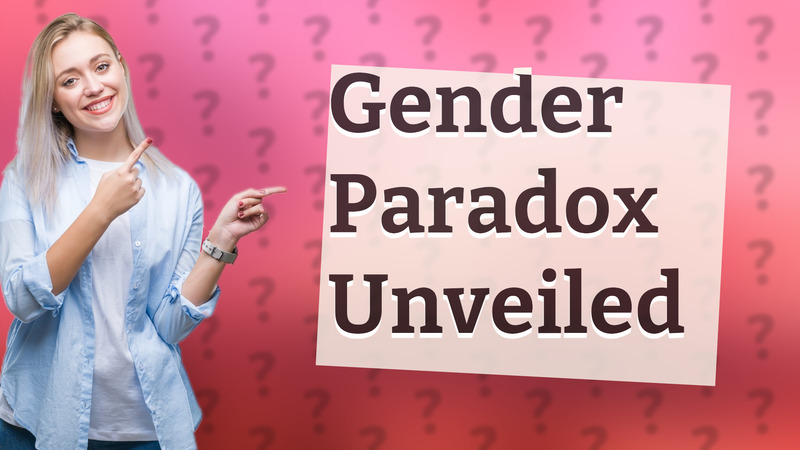
Explore the curious Scandinavian paradox where high gender equality leads to gender-segregated career choices.

Explore conflict theorists' views on gender inequality and power dynamics in society.

Explore how feminism aligns with gender theory and its role in advocating for women’s equality.
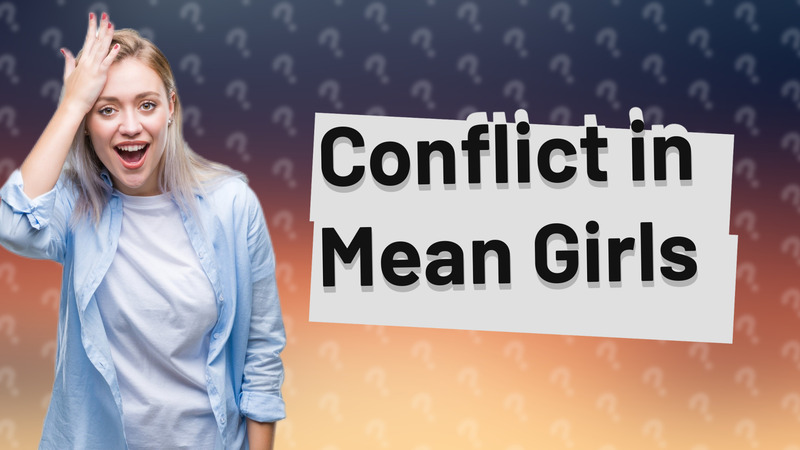
Discover how conflict theory is portrayed in Mean Girls through social hierarchies and power dynamics among cliques.
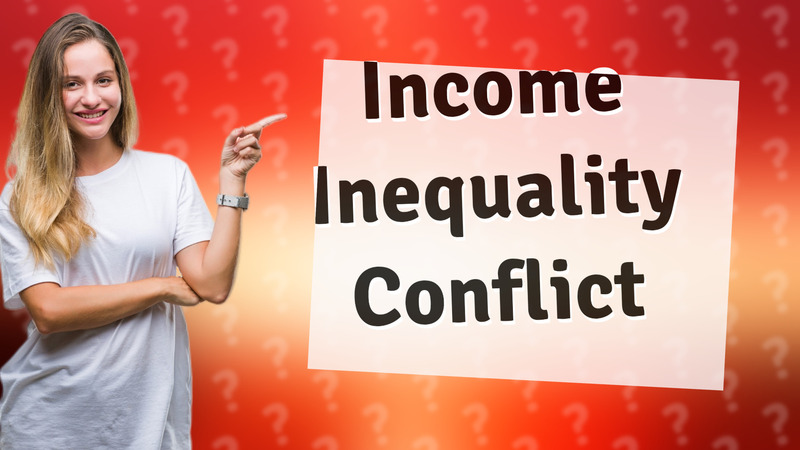
Explore how conflict theory explains income inequality and social class struggles in society.

Explore the Swedish gender paradox and how traditional roles persist despite policies promoting gender equality.
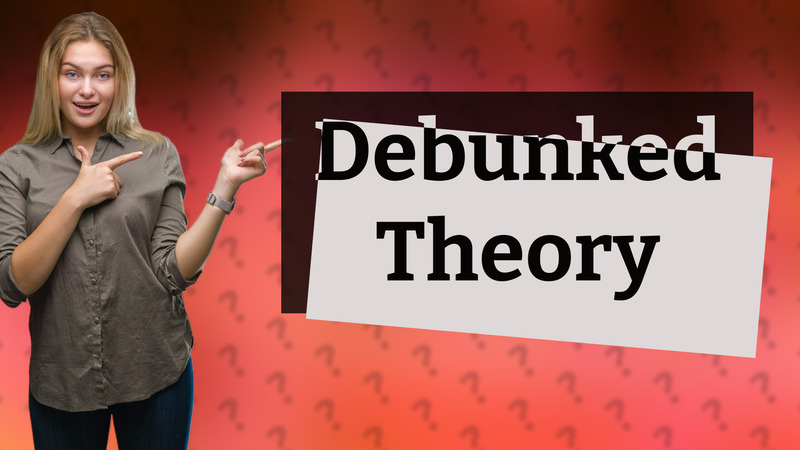
Explore the fundamentals of anti-feminist theory and its critiques of feminism in this insightful Q&A.
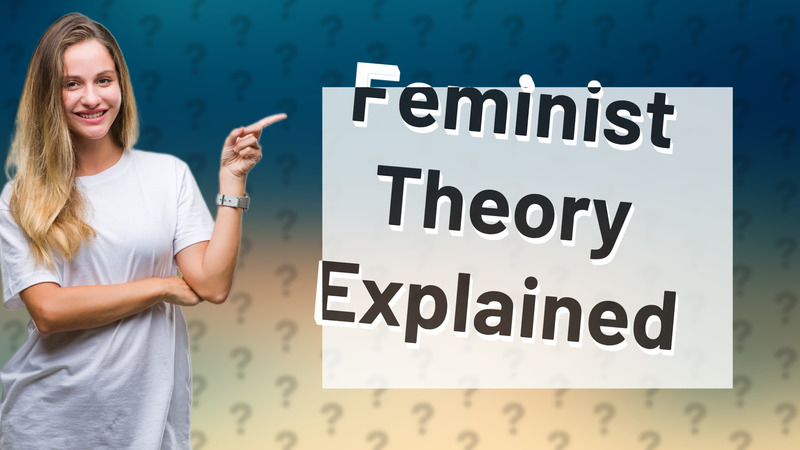
Explore how feminist theory addresses gender inequality and its impact on societal norms.
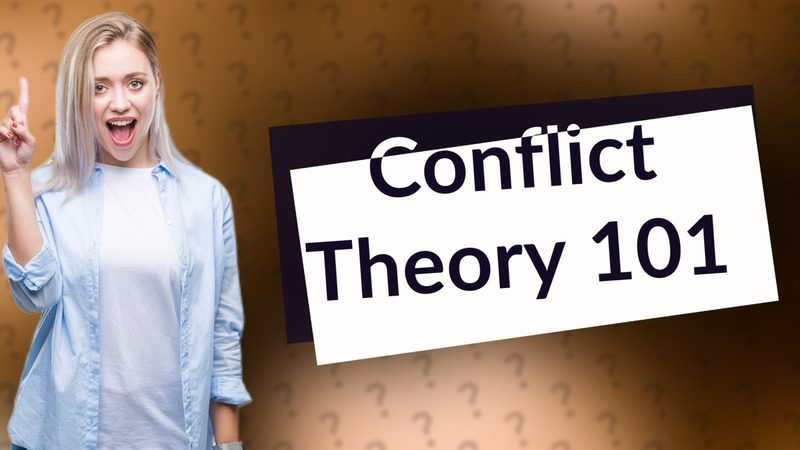
Explore the conflict theory perspective and its implications on societal power dynamics and inequality.
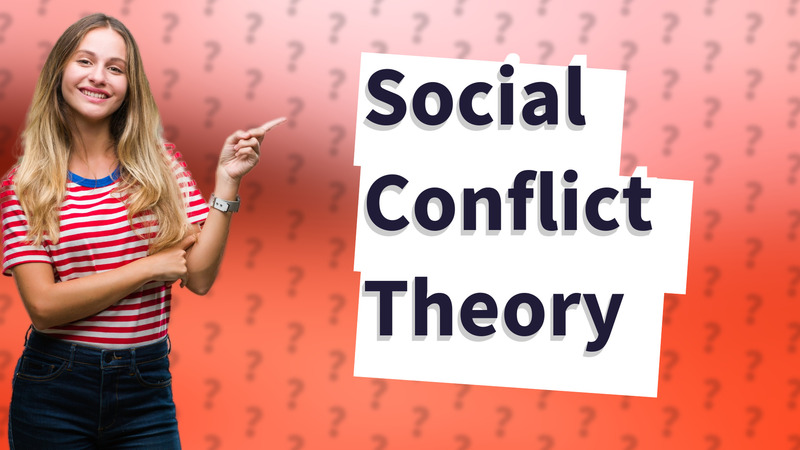
Explore the social conflict theory of culture and inequality, and learn how societal dynamics shape disparities in power and resources.
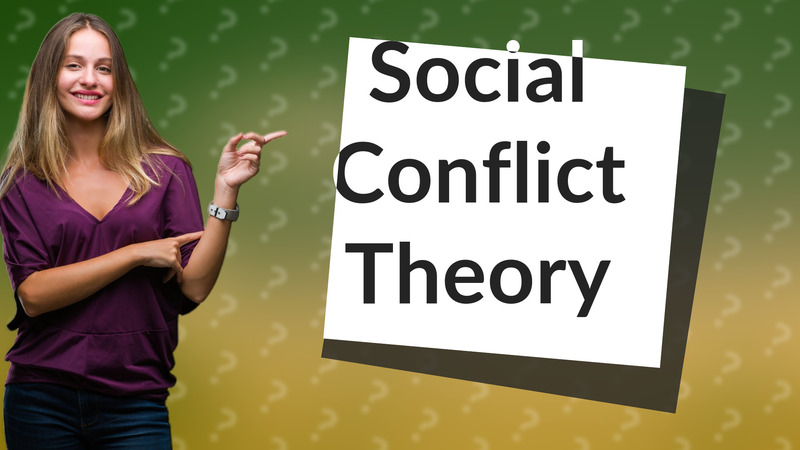
Explore the social conflict theory and its impact on deviance and inequality in society.
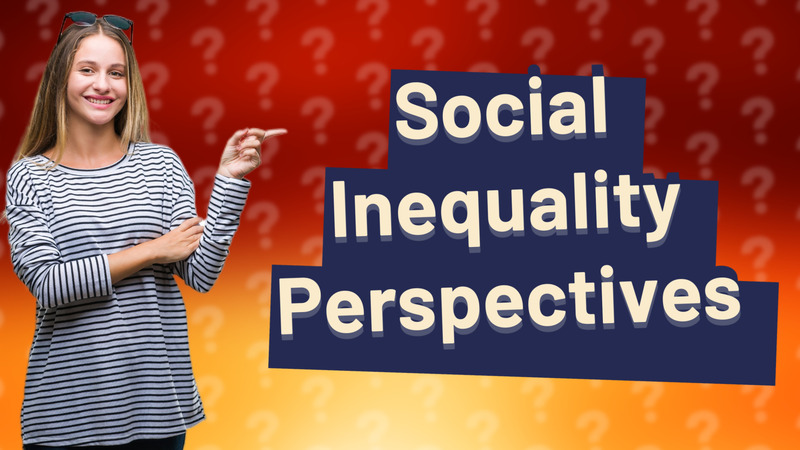
Explore how conflict theorists and functionalists explain social inequality in society's structure.
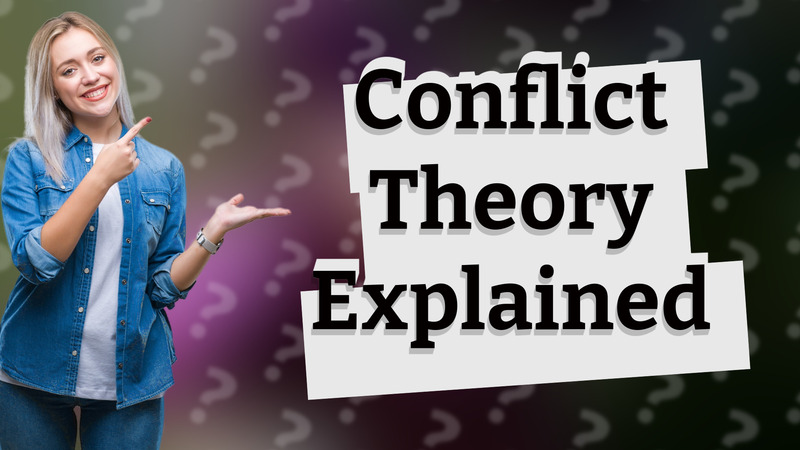
Explore conflict theory, its impact on society, and how it explains social inequality and power dynamics.
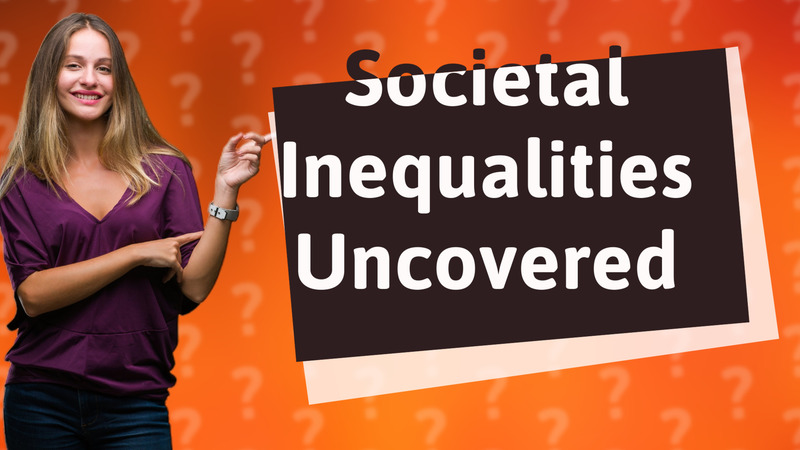
Explore conflict theorists' examination of inequalities and power imbalances in society.
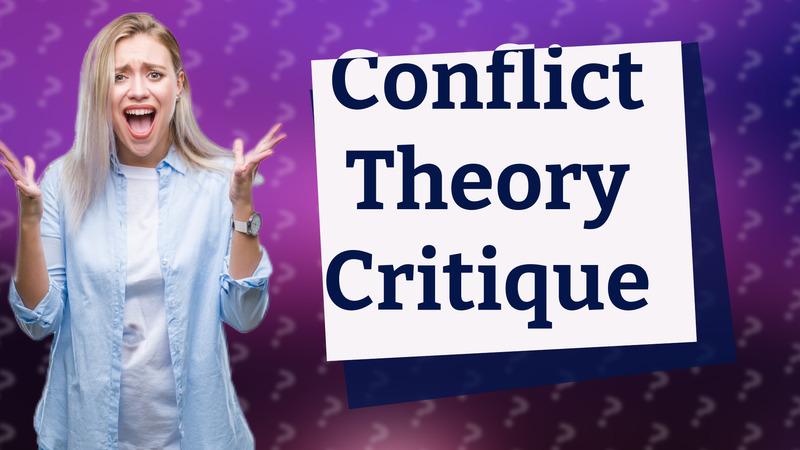
Explore the key criticisms of conflict theory in sociology, focusing on its shortcomings regarding social stability and cooperation.
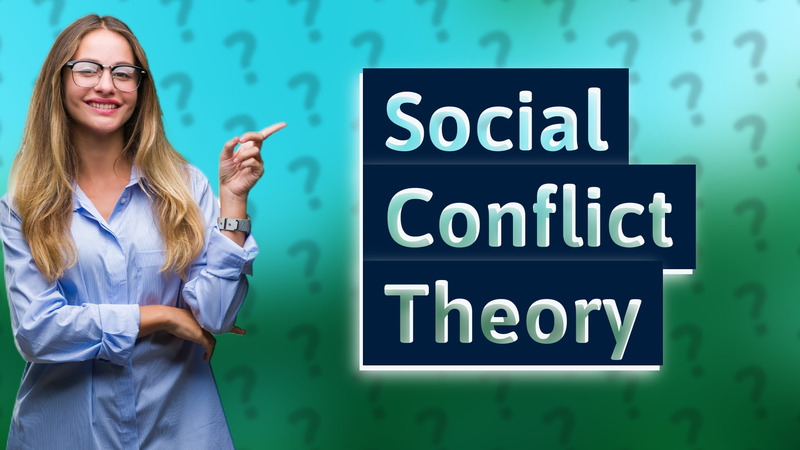
Explore the core beliefs of social conflict theorists and their insights into societal power dynamics.

Explore how feminist theory operates on both macro and micro levels to challenge gender inequalities.
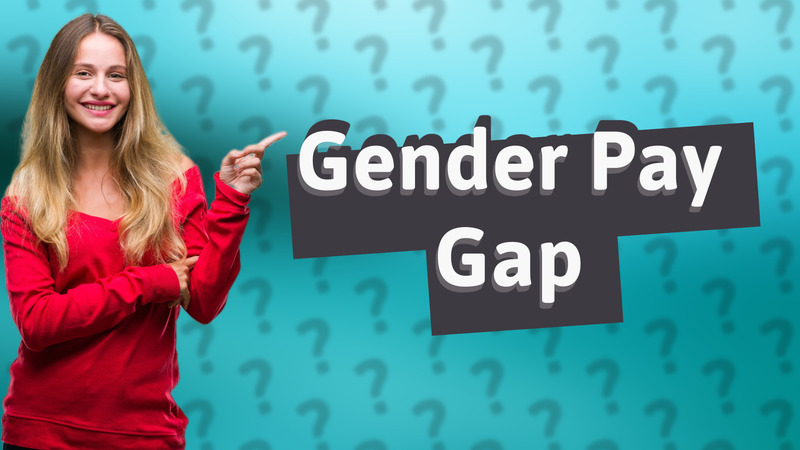
Explore the conflict perspective in gender, focusing on the workplace pay gap and systemic inequality issues.
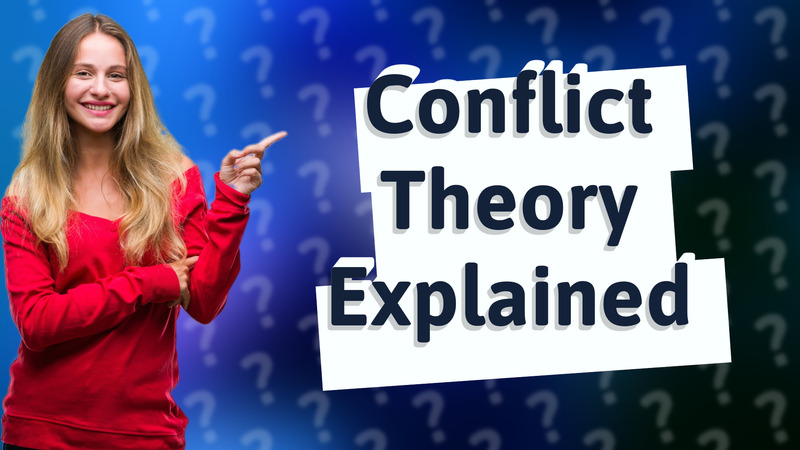
Explore the essential concepts of conflict theory and its implications for society and social change.
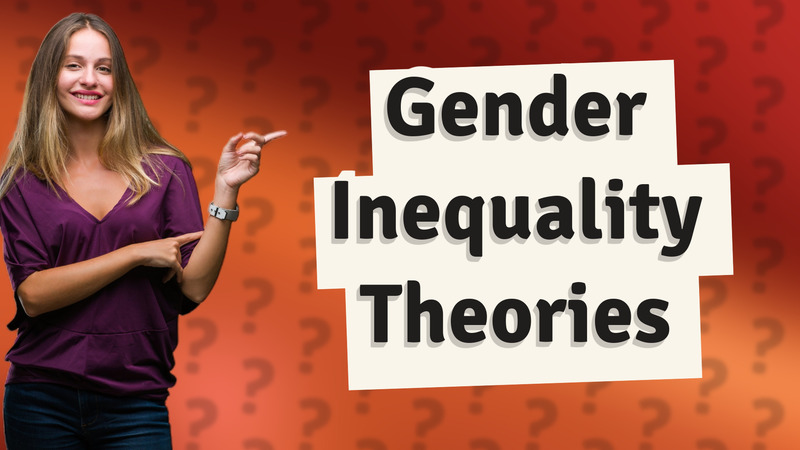
Discover essential theories explaining gender inequality, including functionalism, conflict theory, and feminist perspectives.
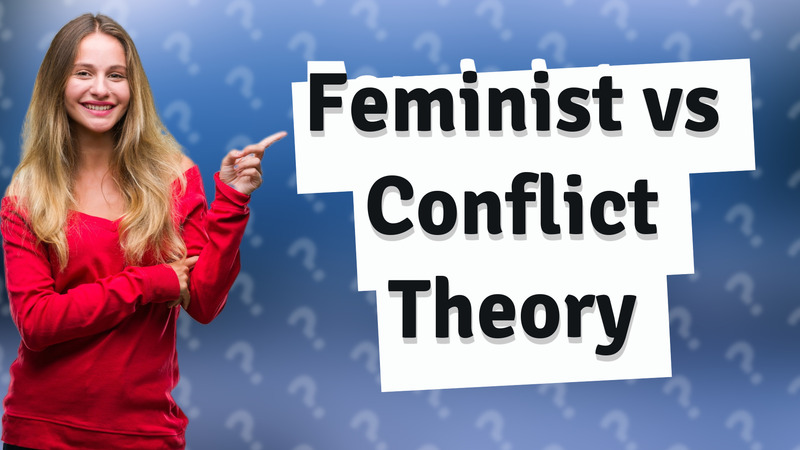
Discover how feminist theory and conflict theory address social inequalities and power dynamics.
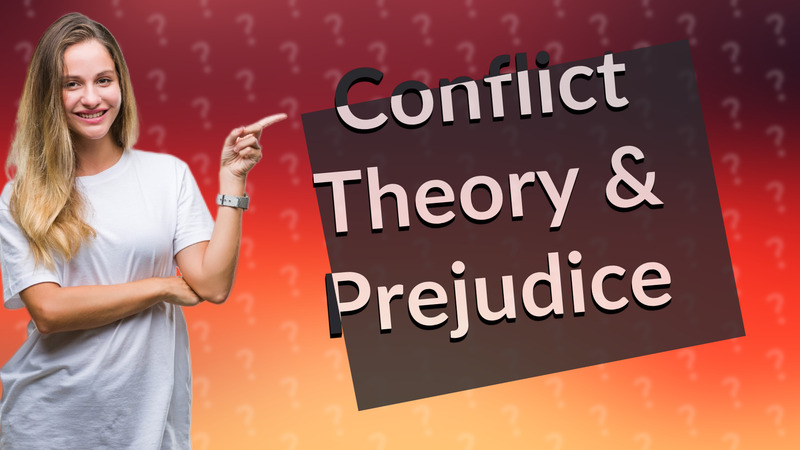
Explore how conflict theory explains the roots of prejudice and discrimination in society.